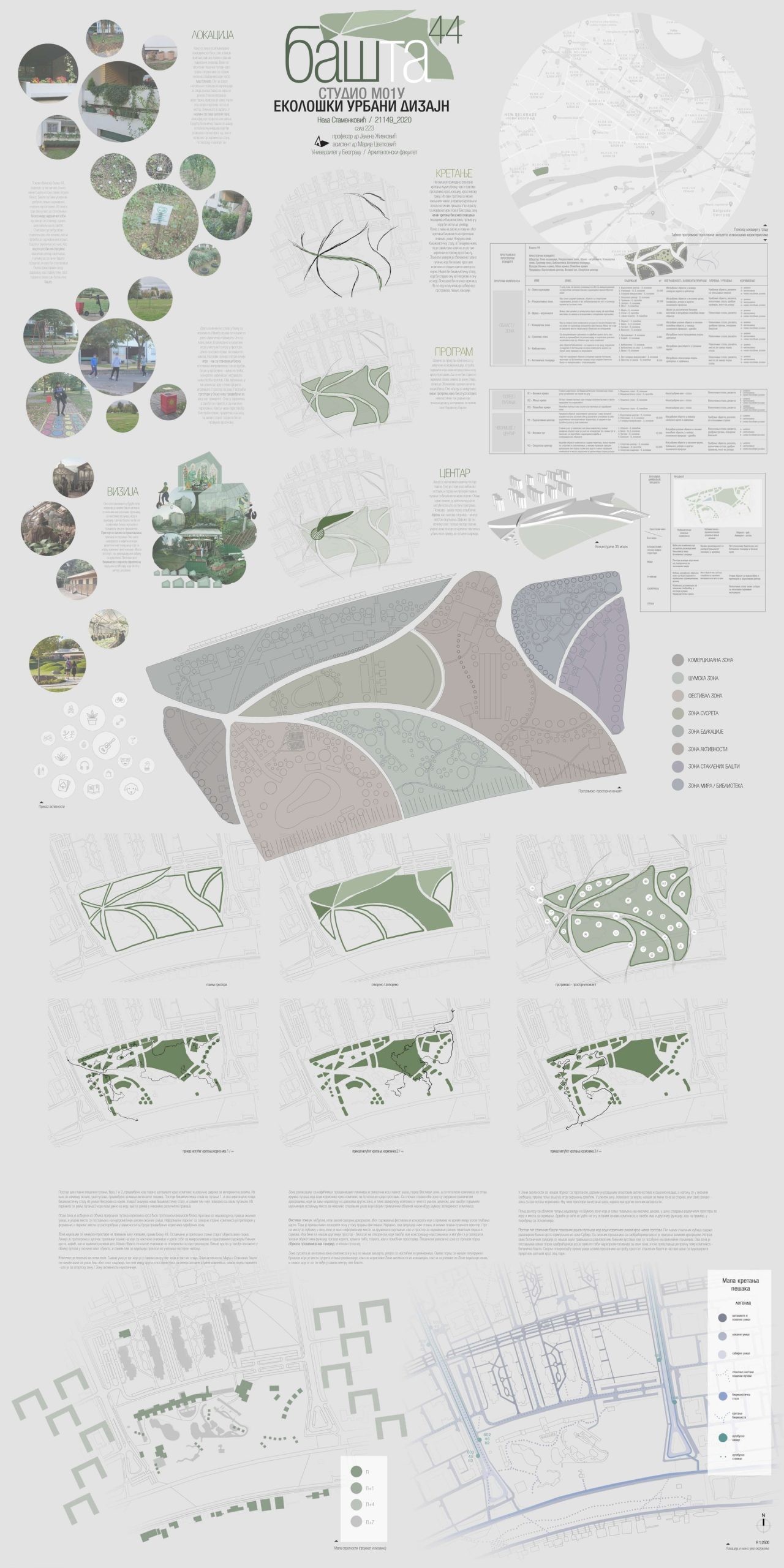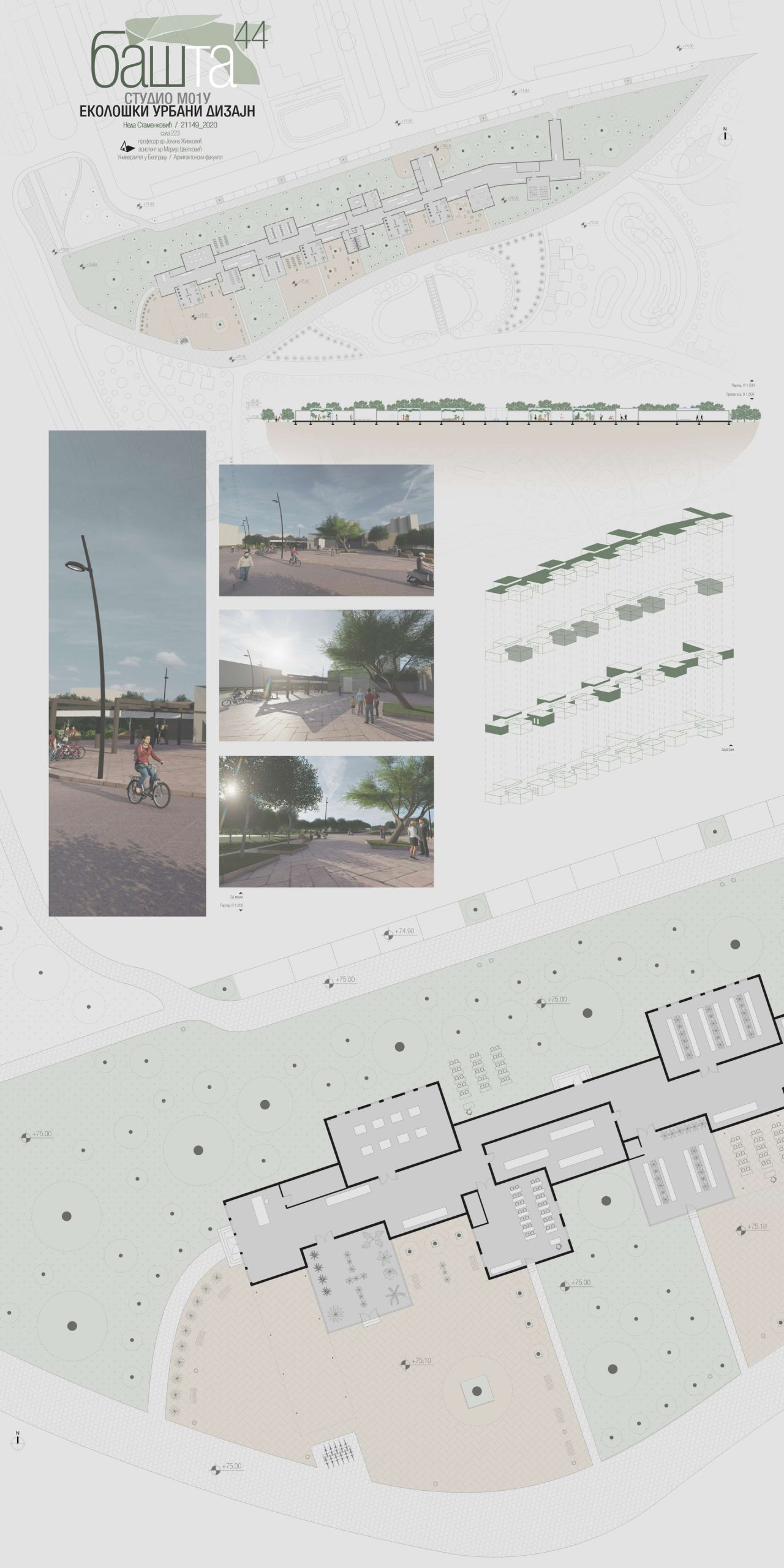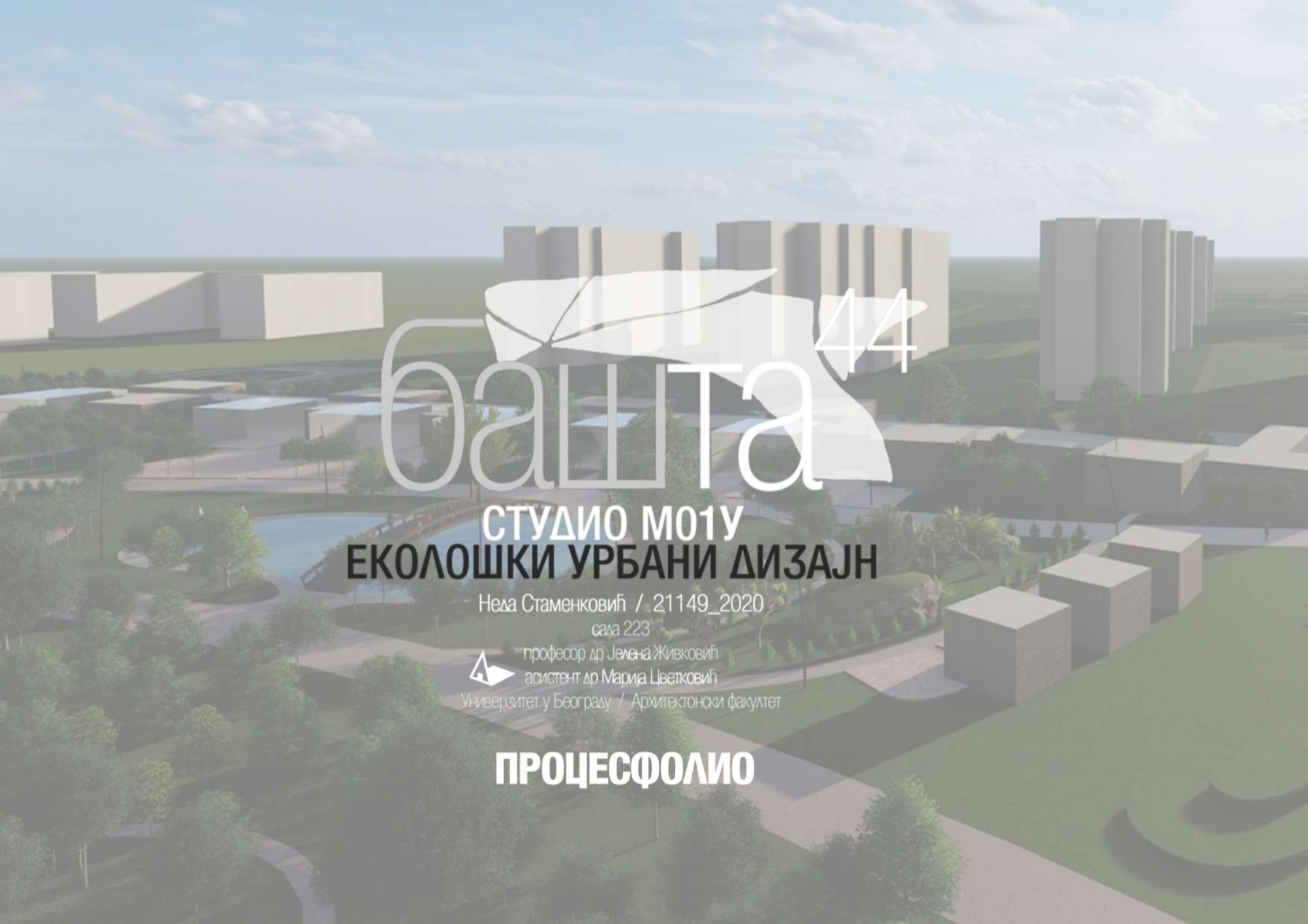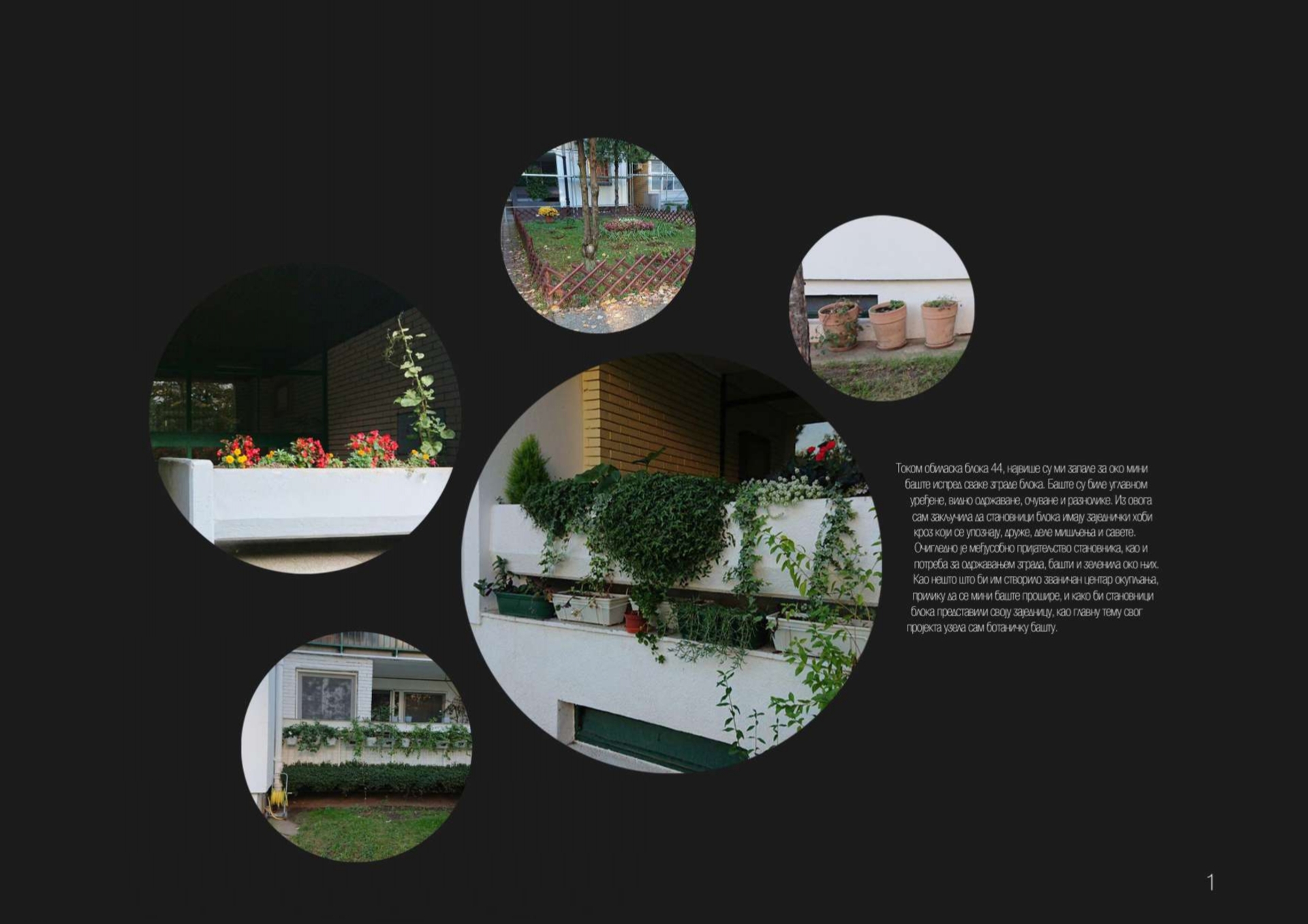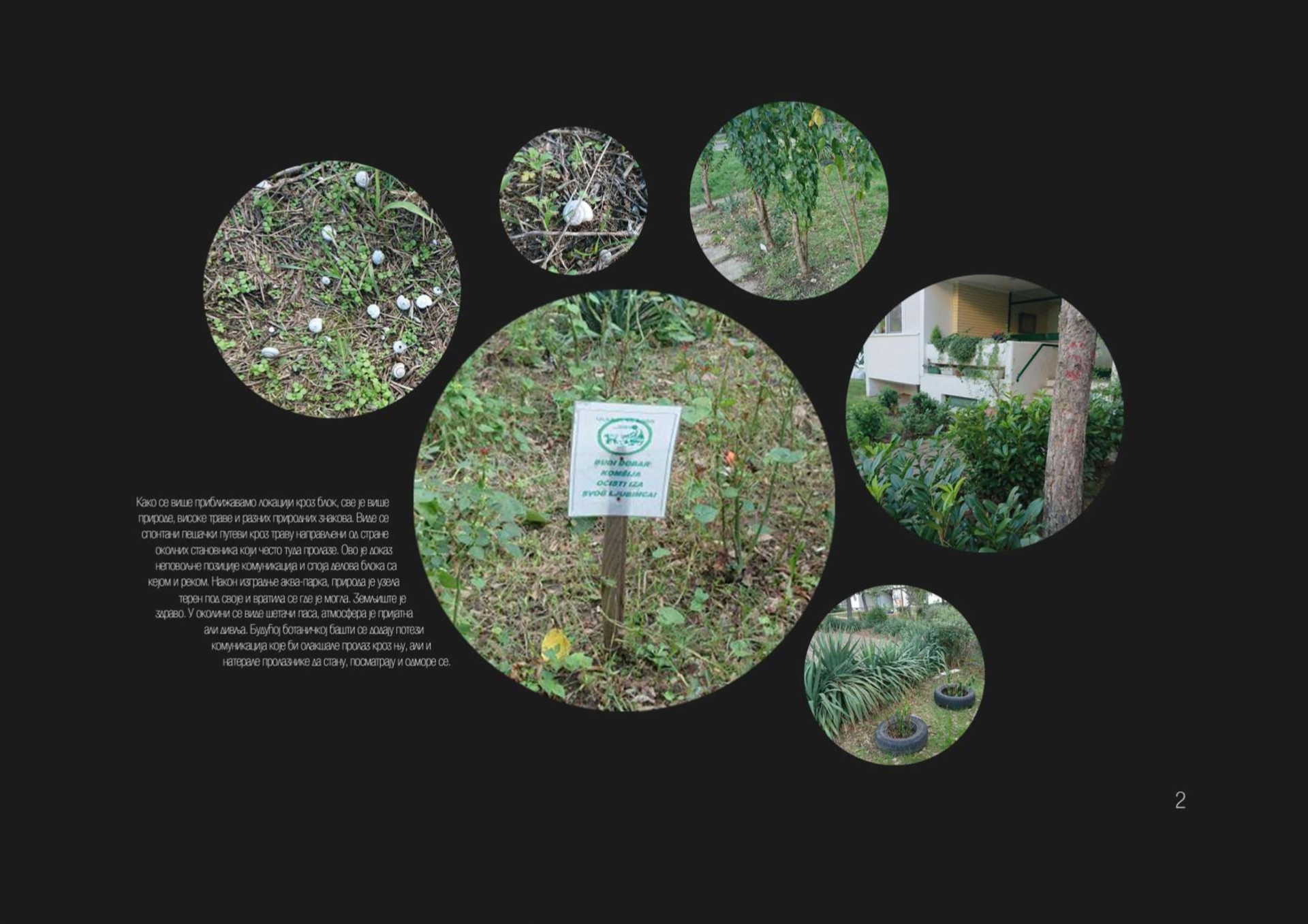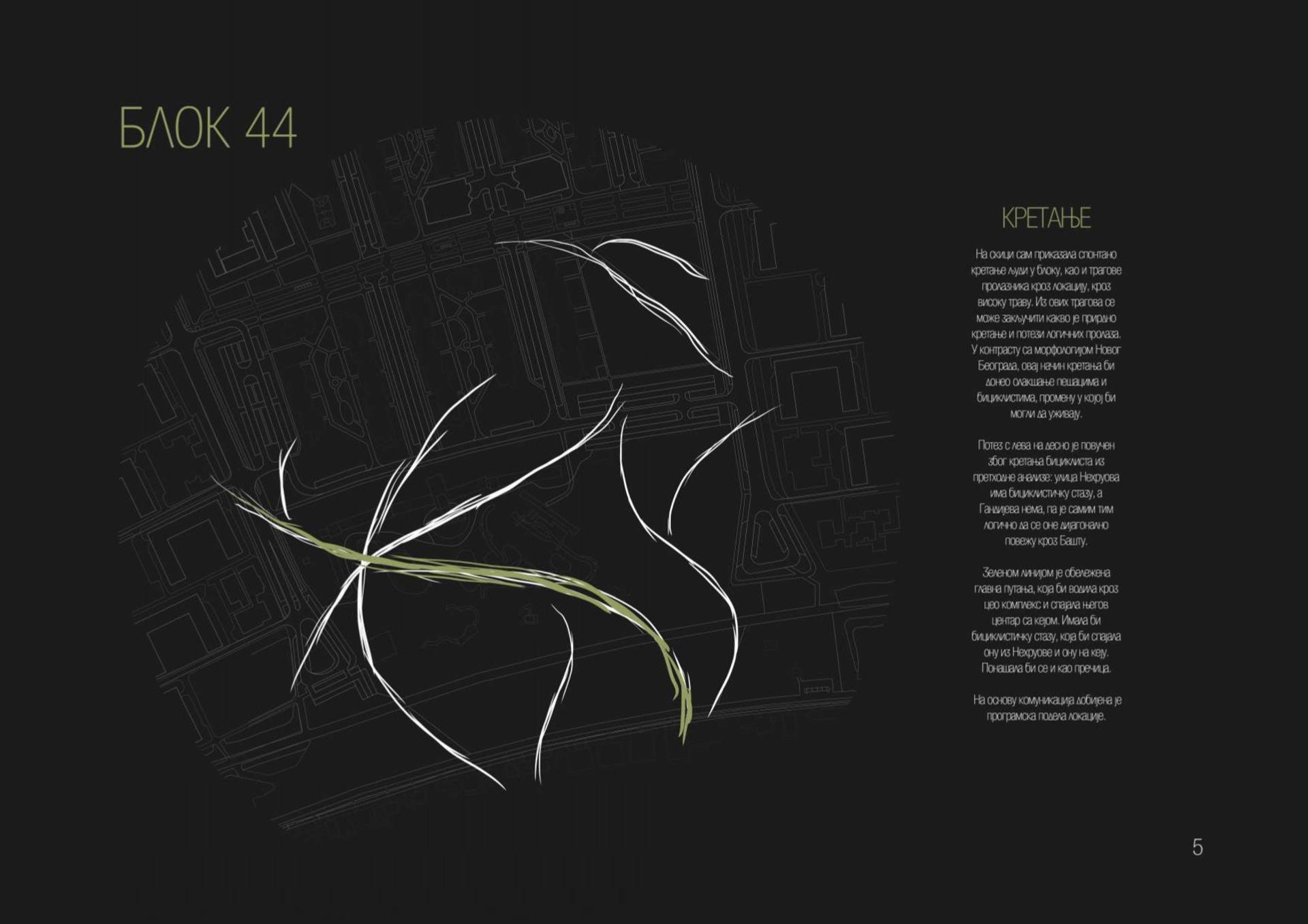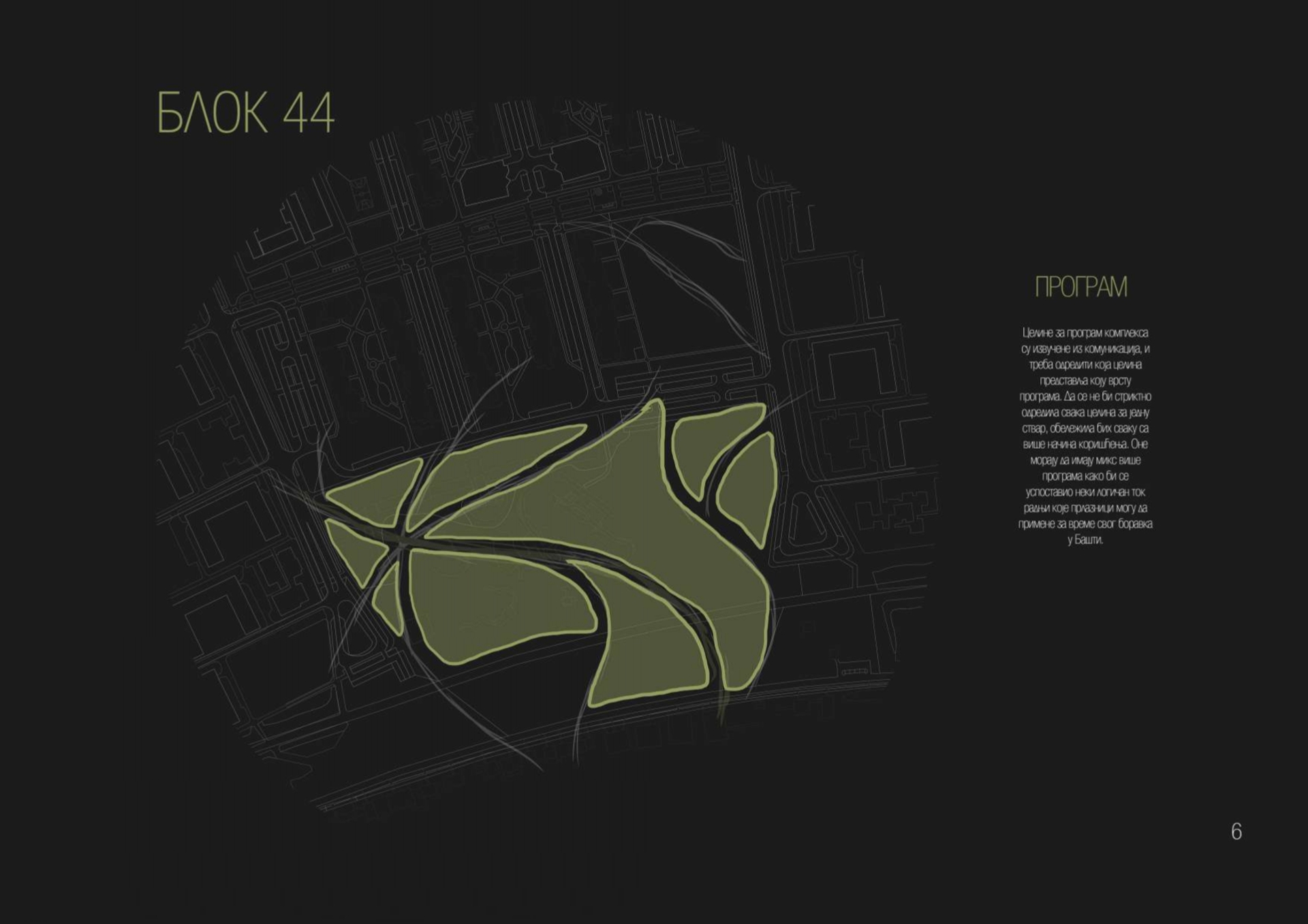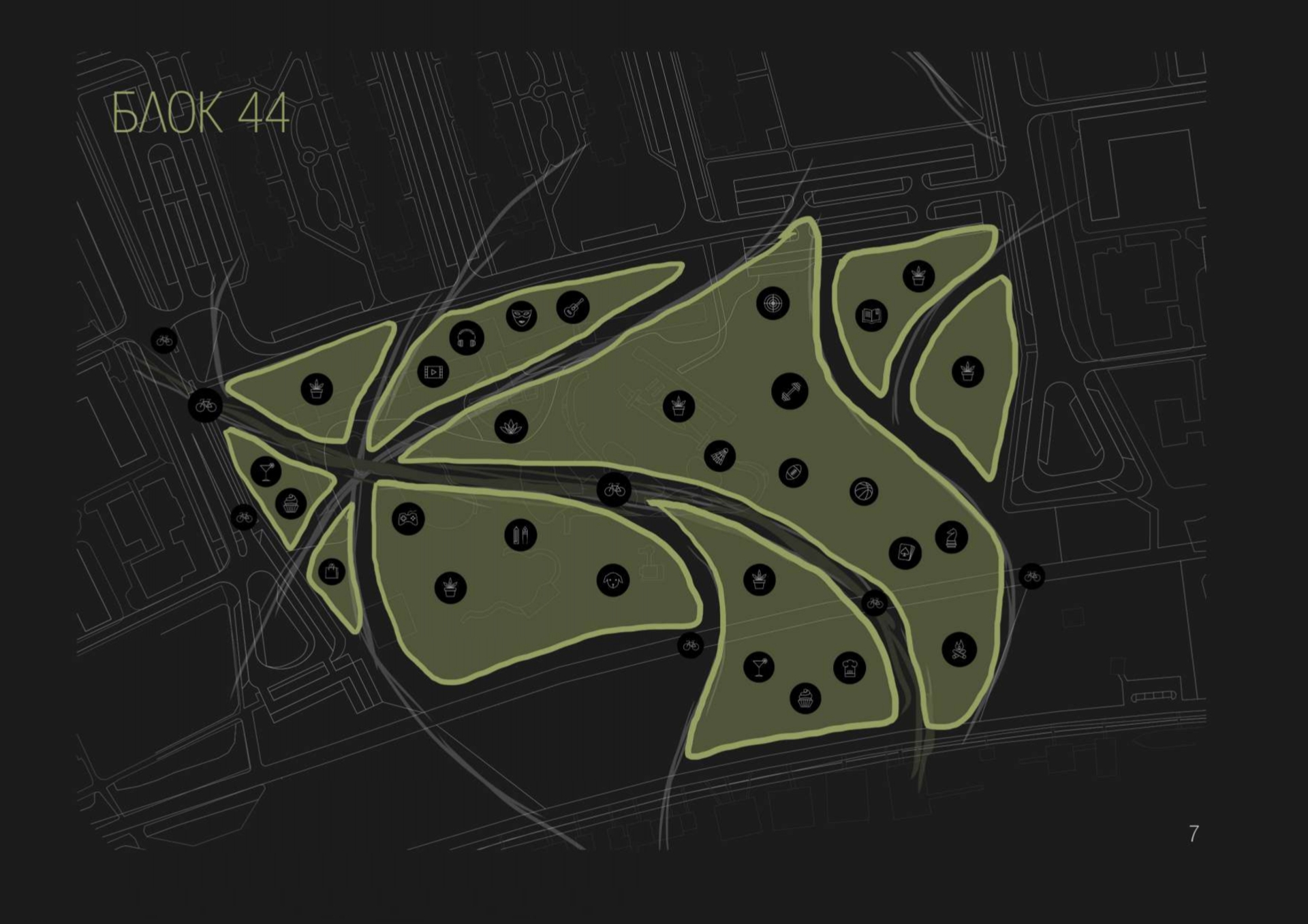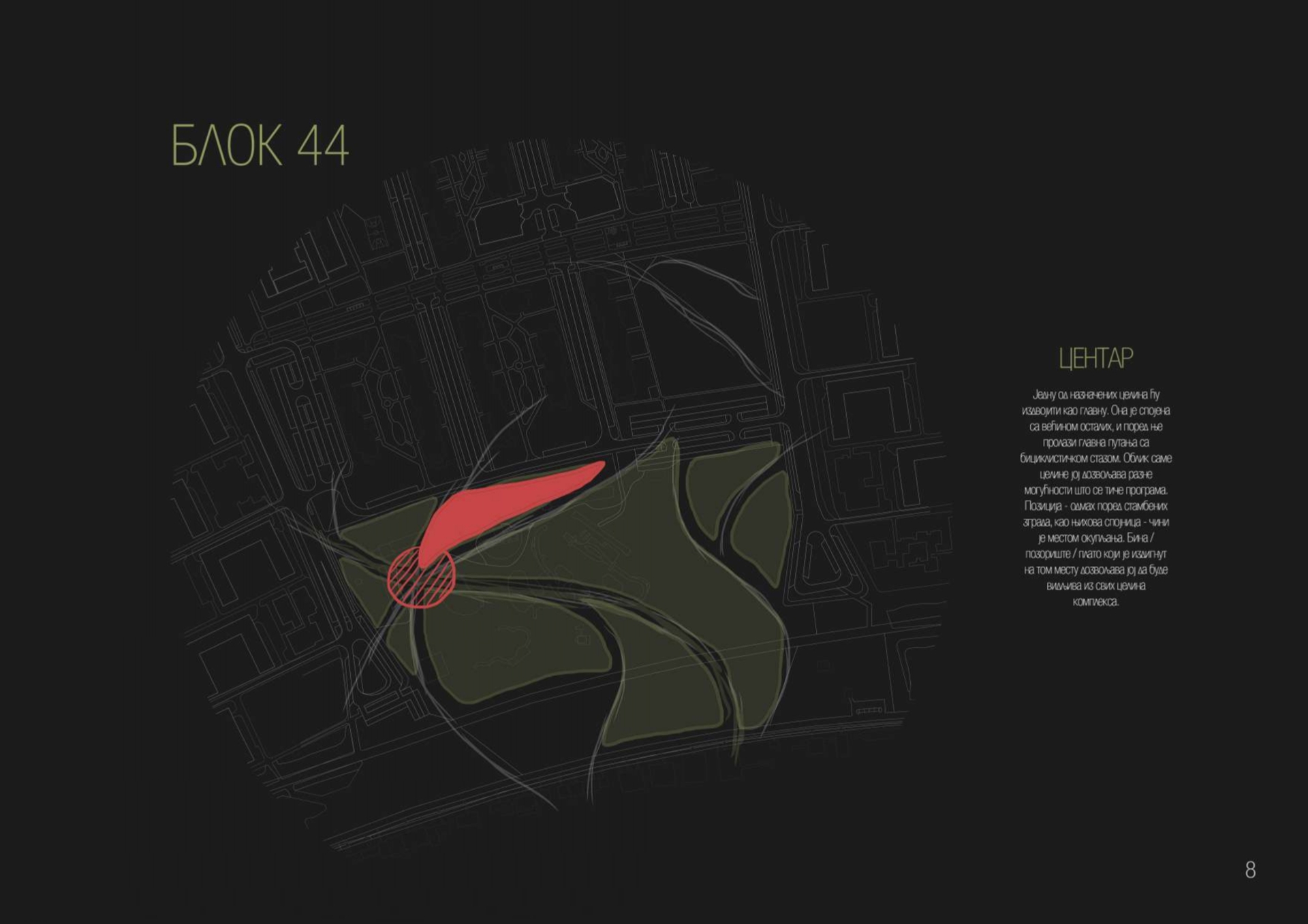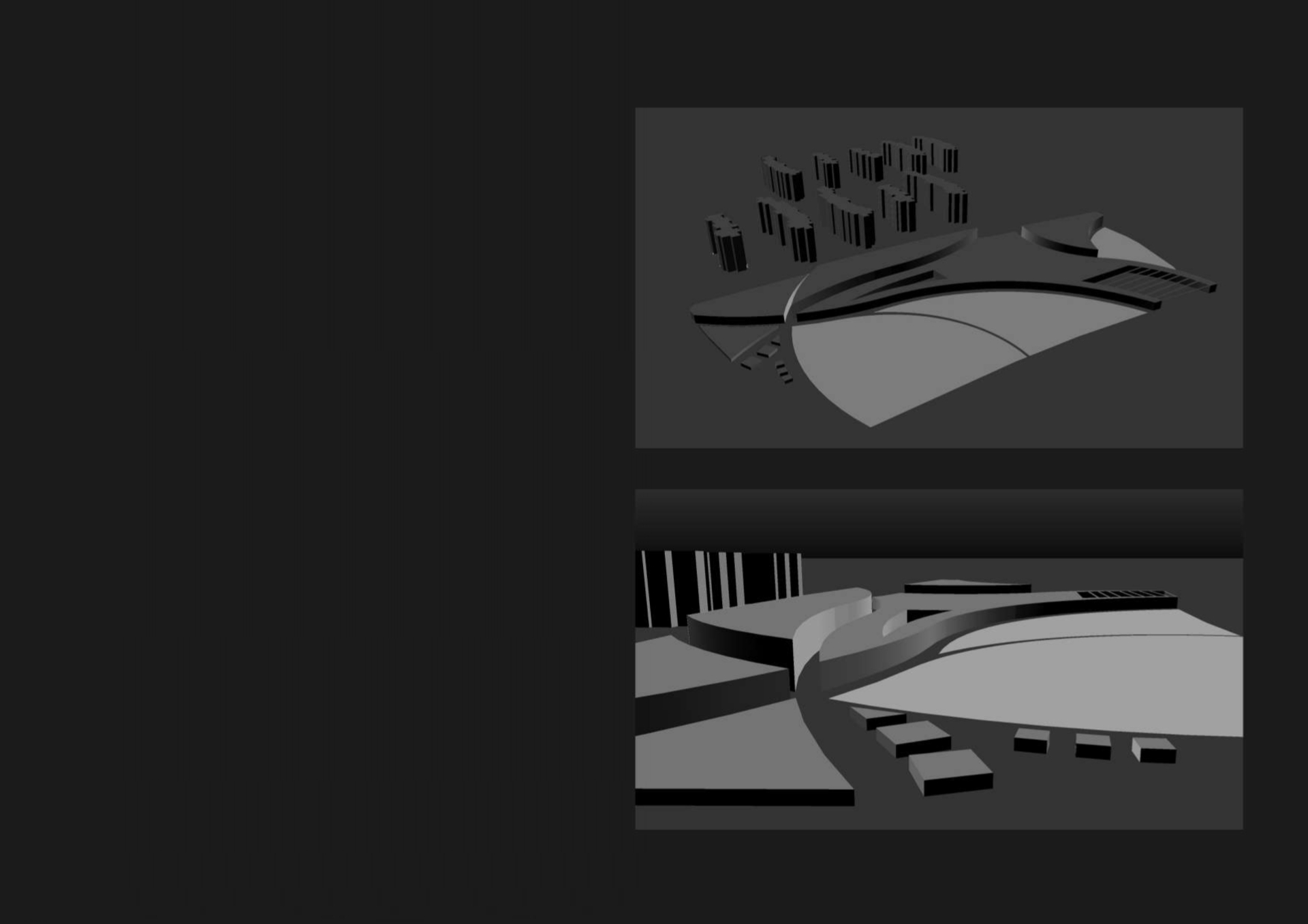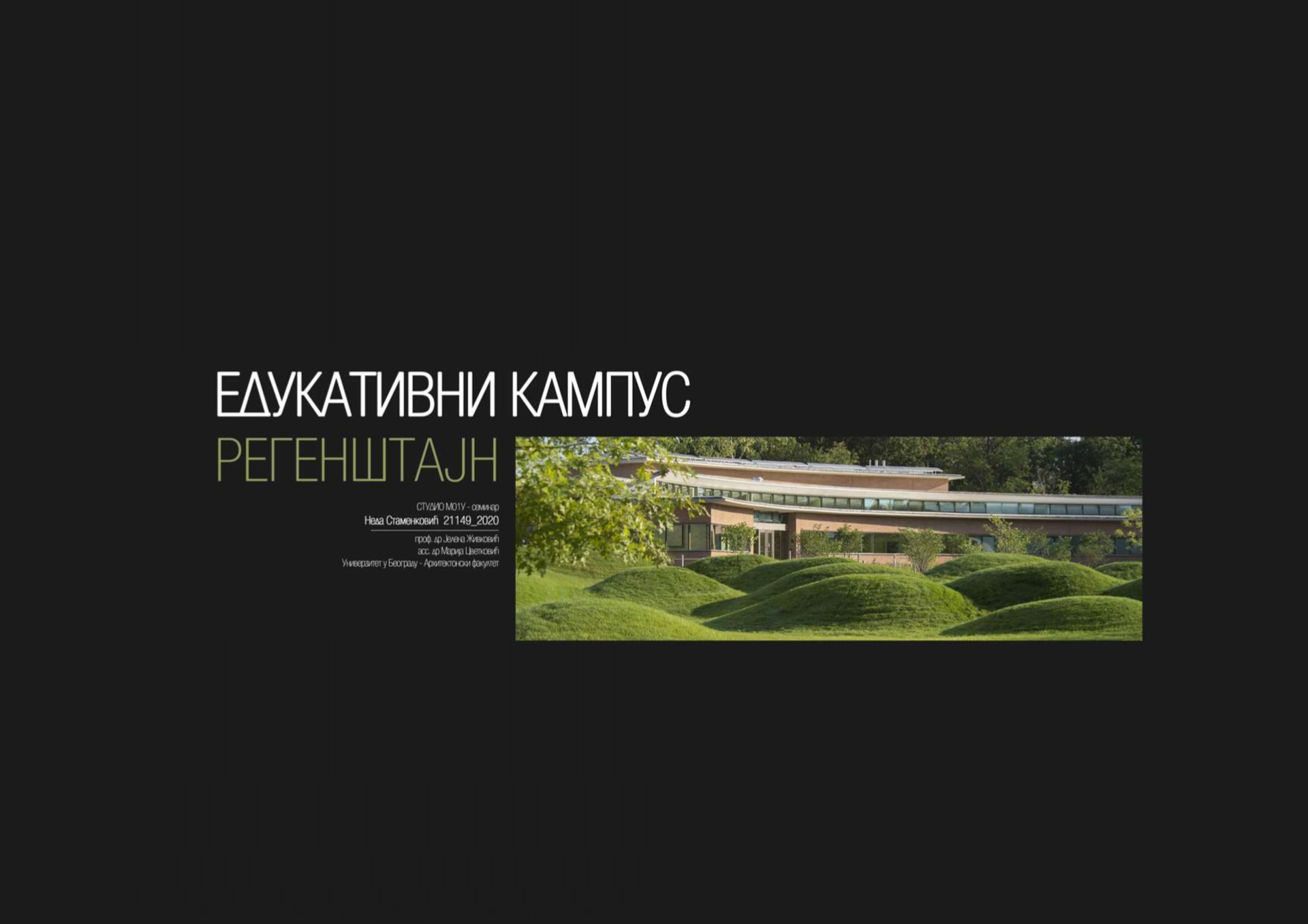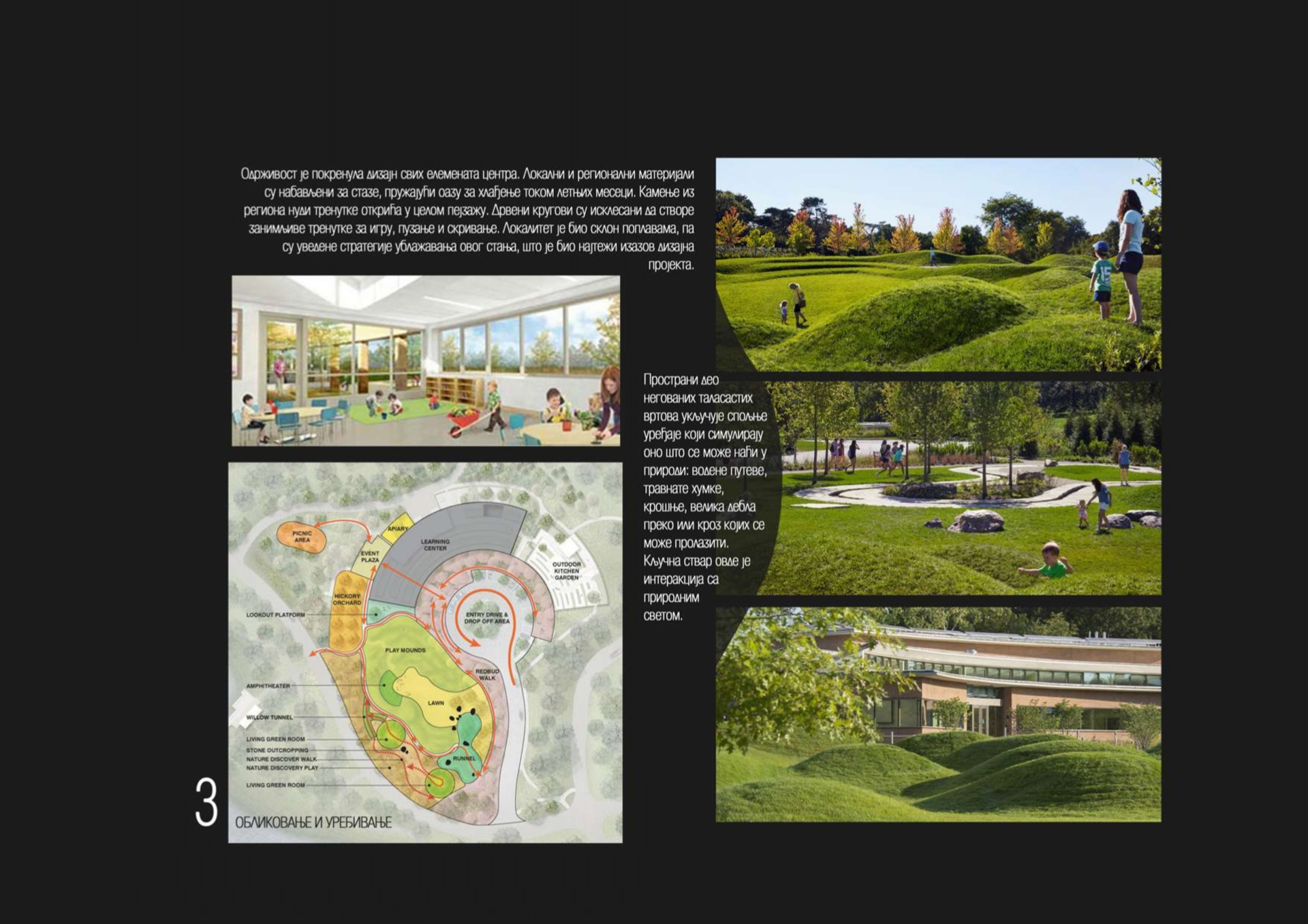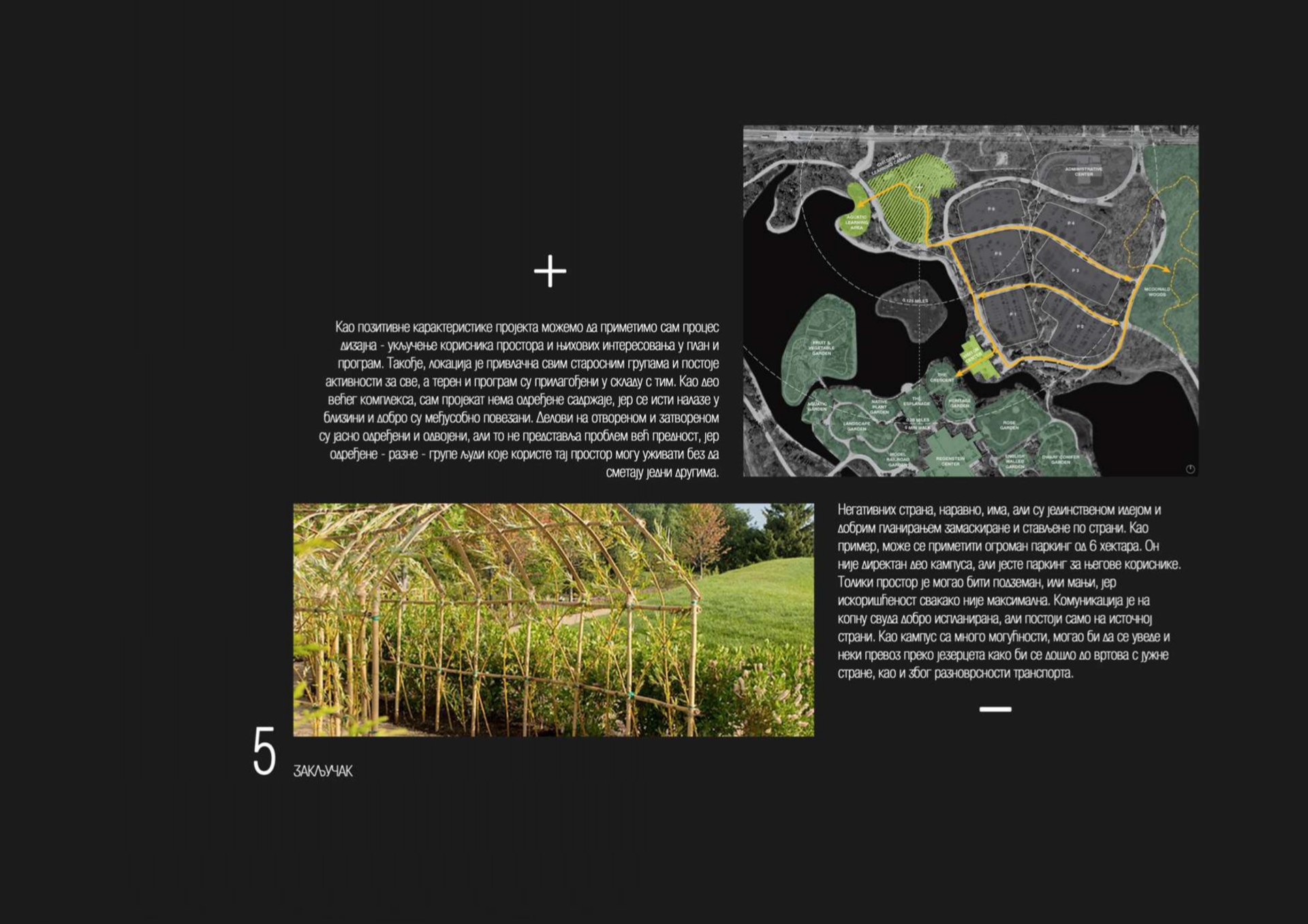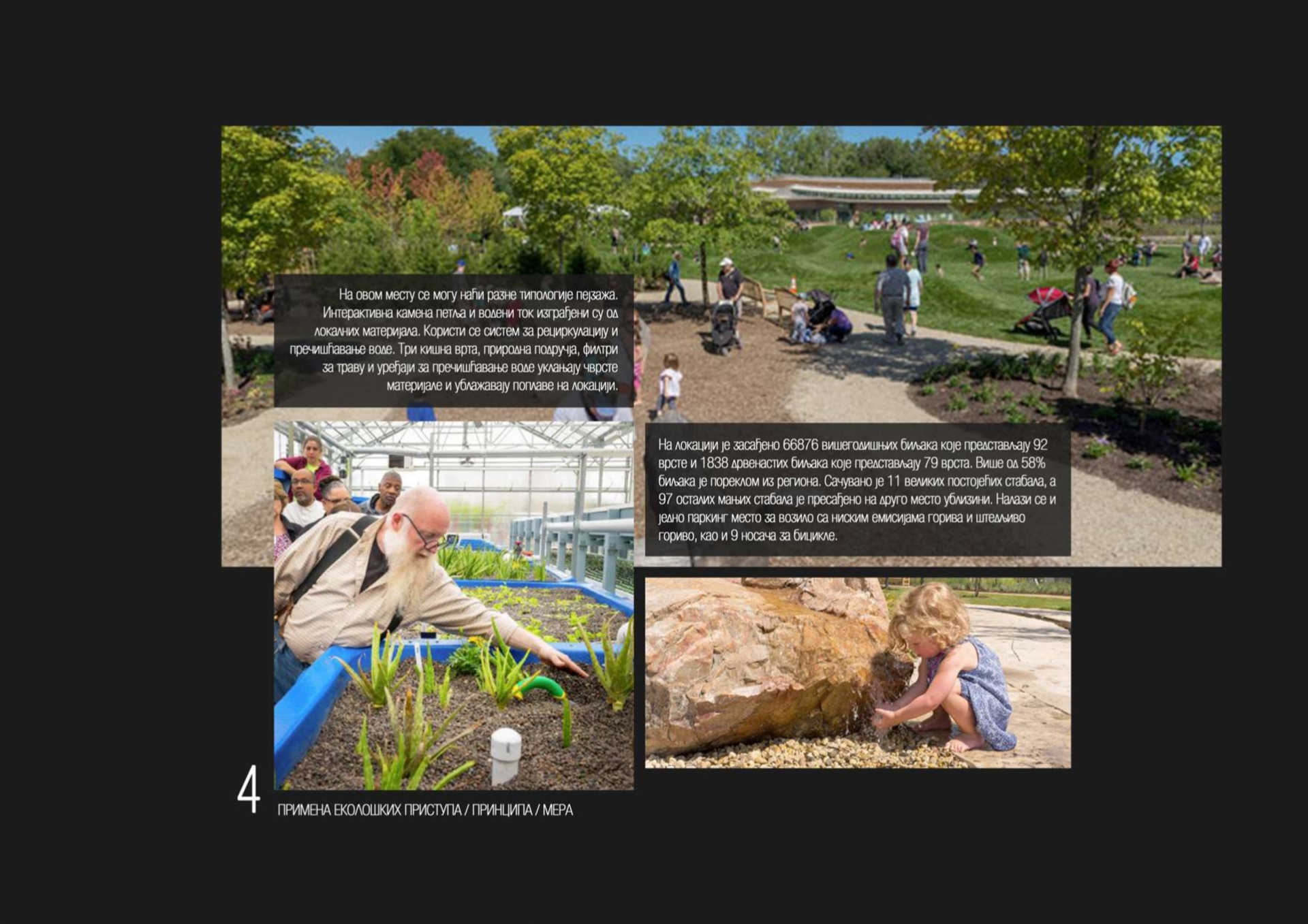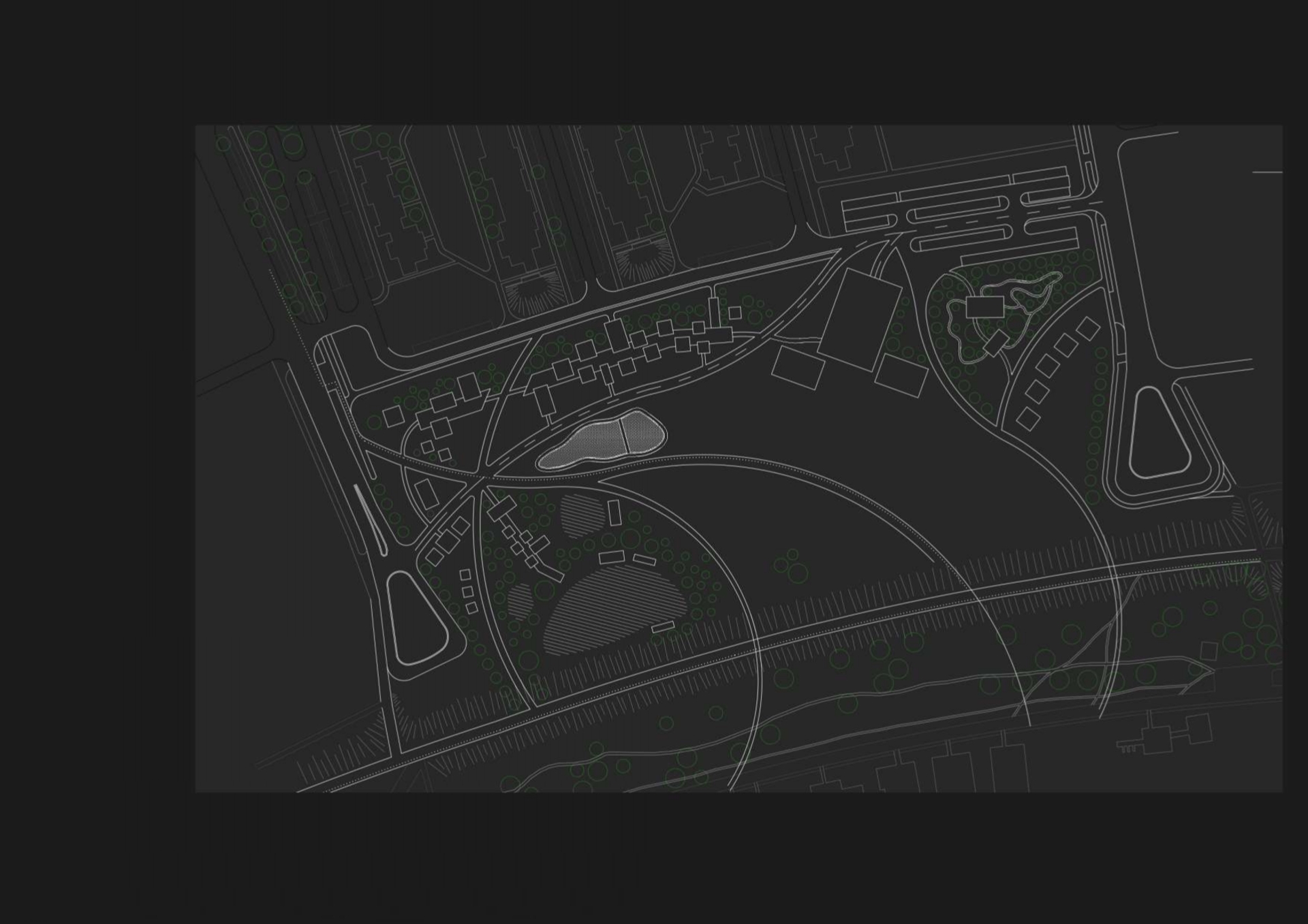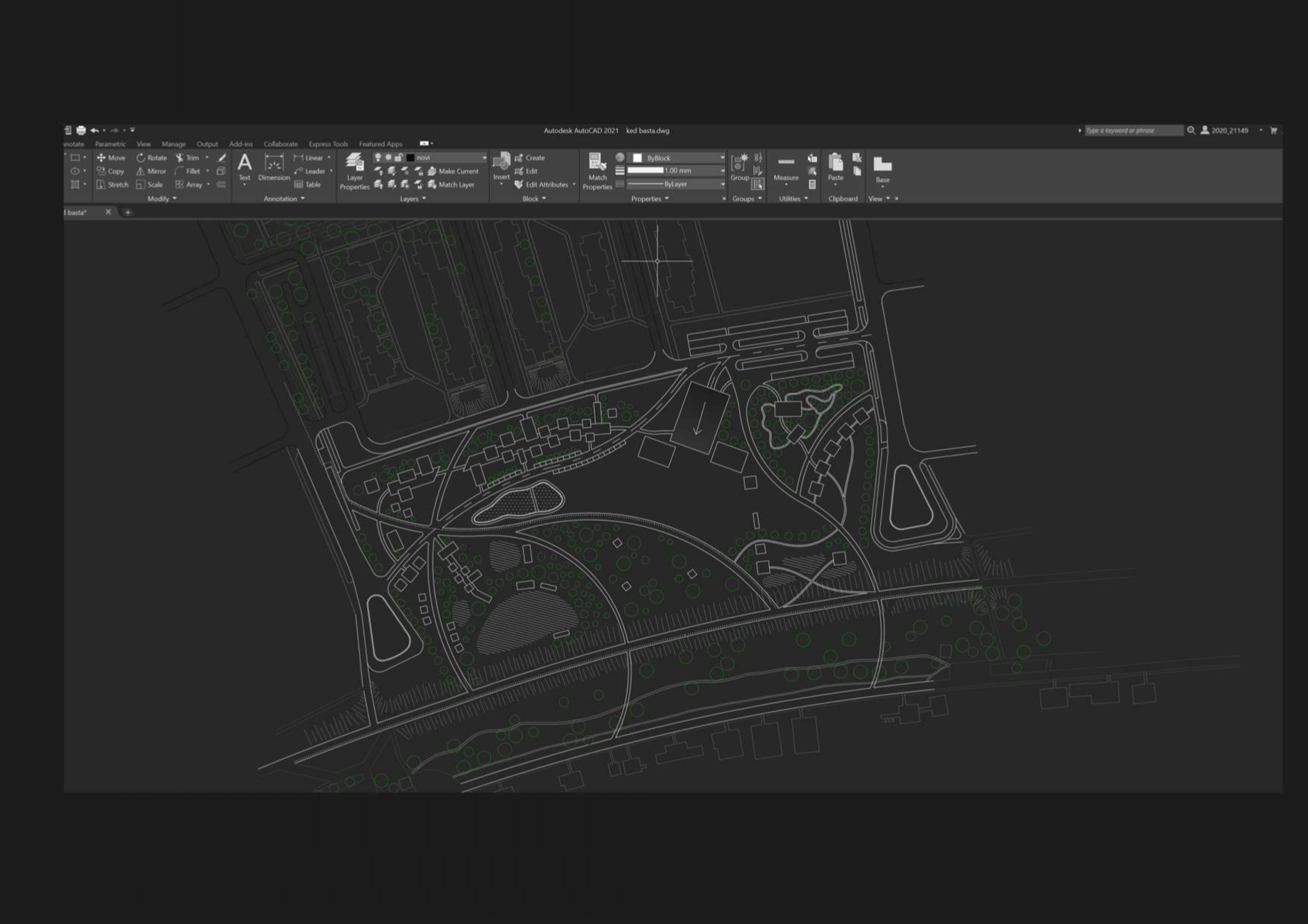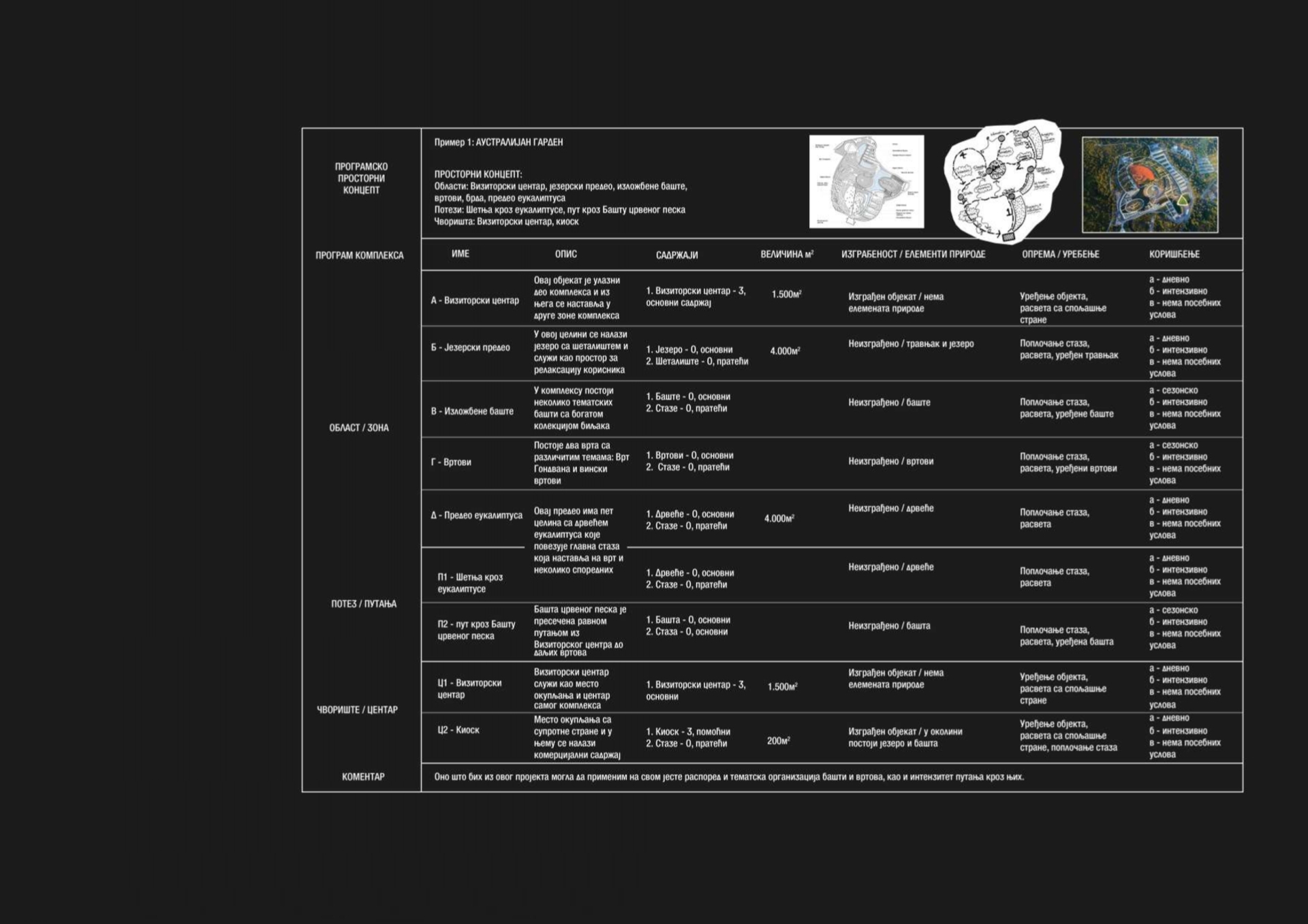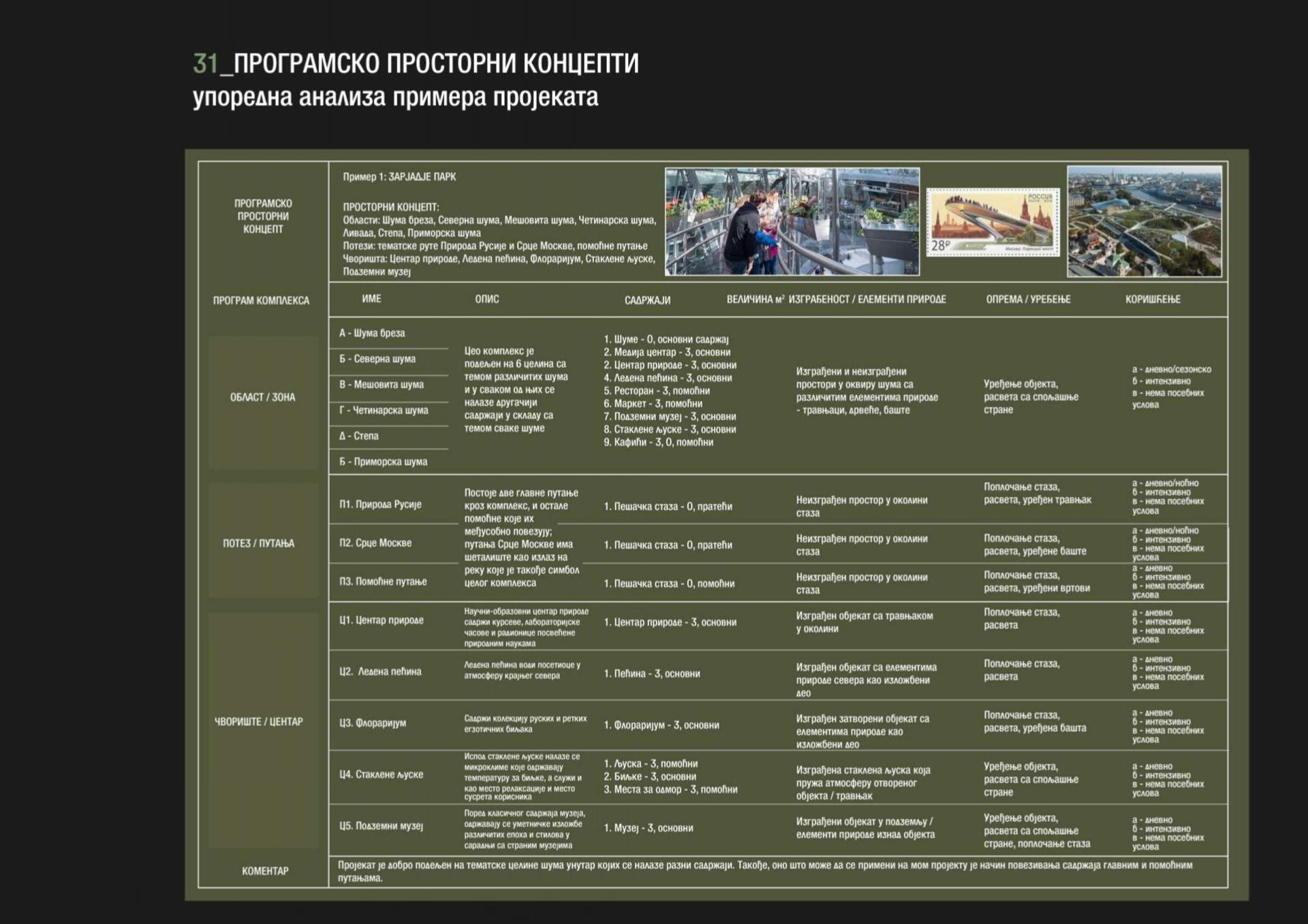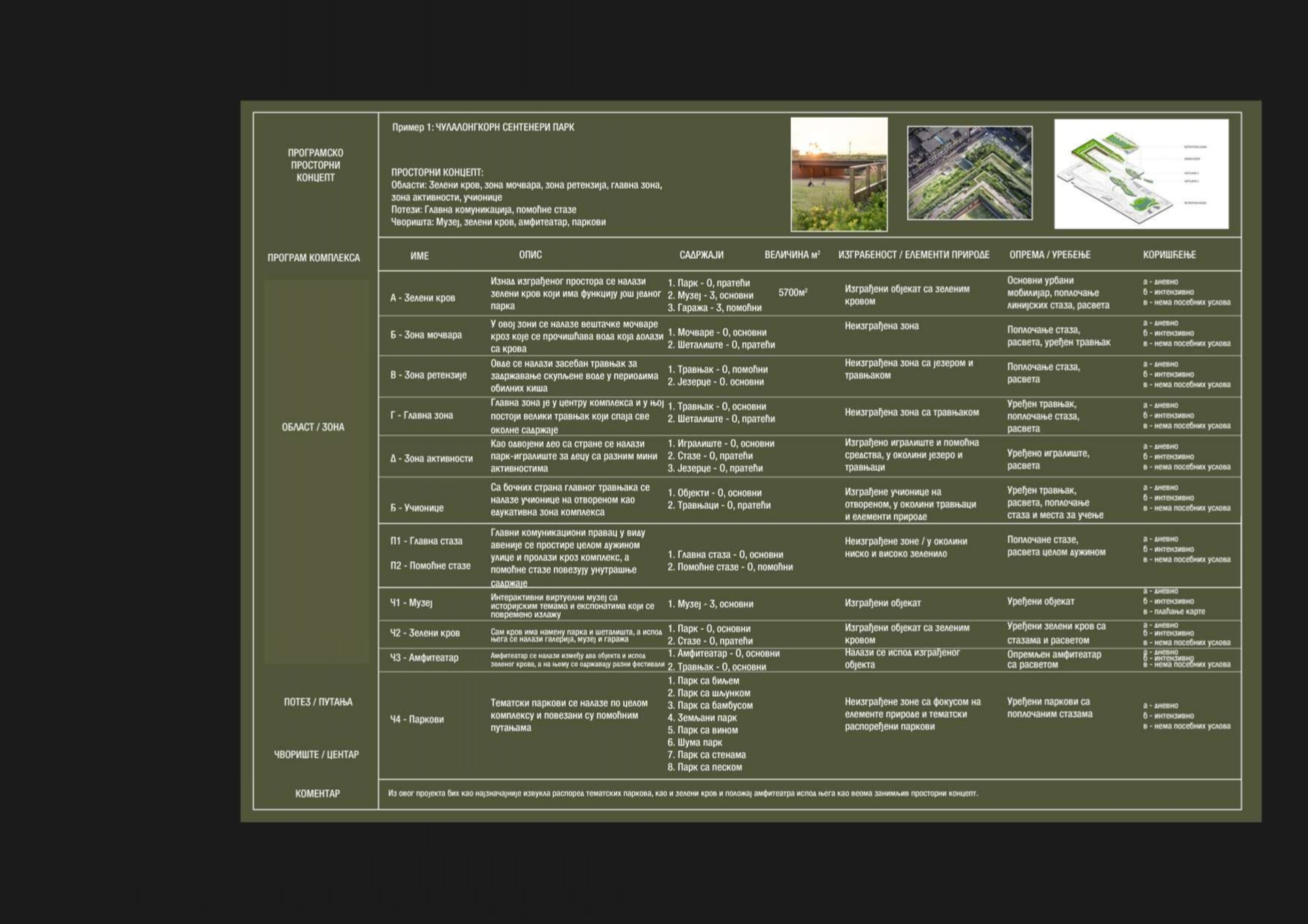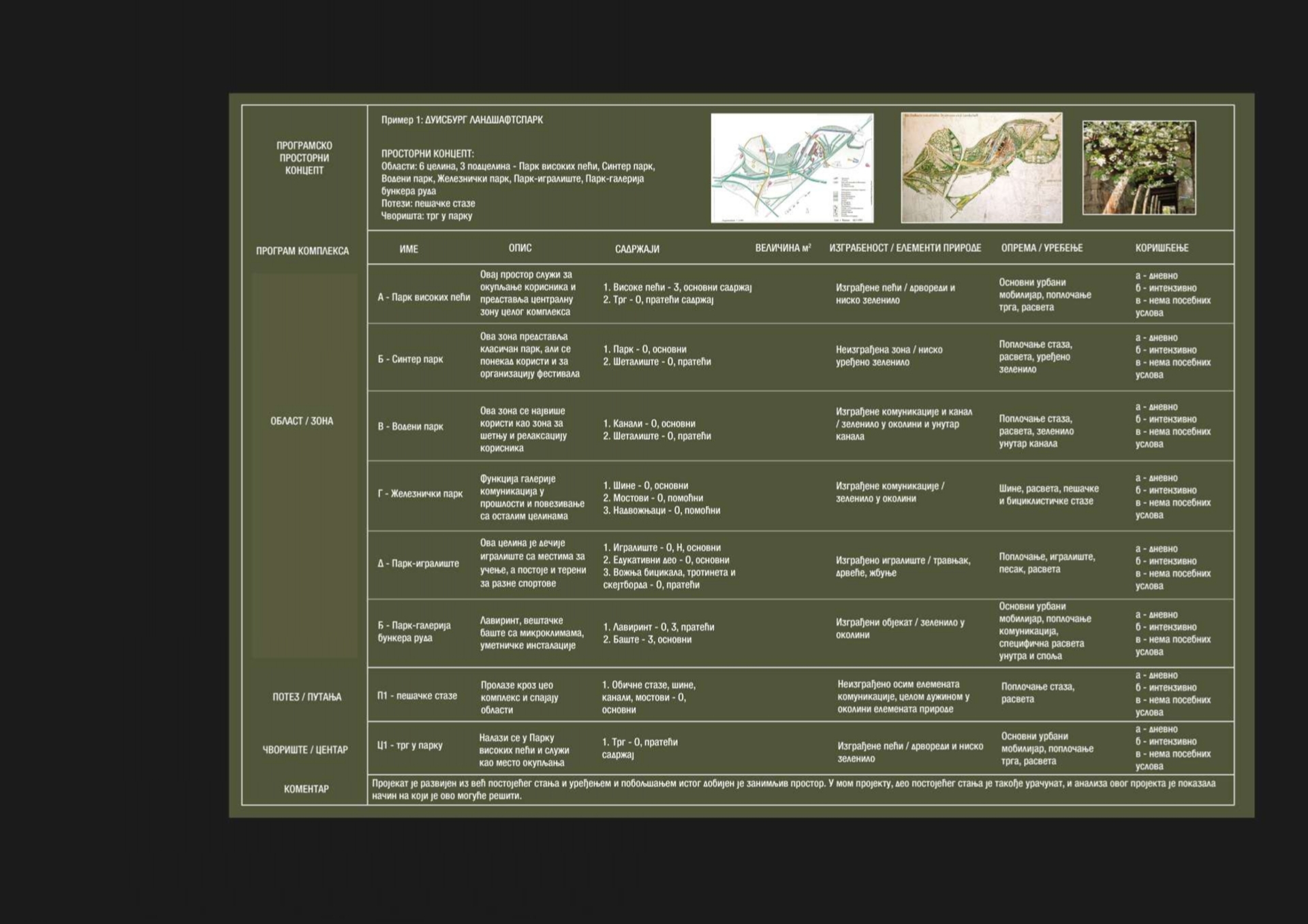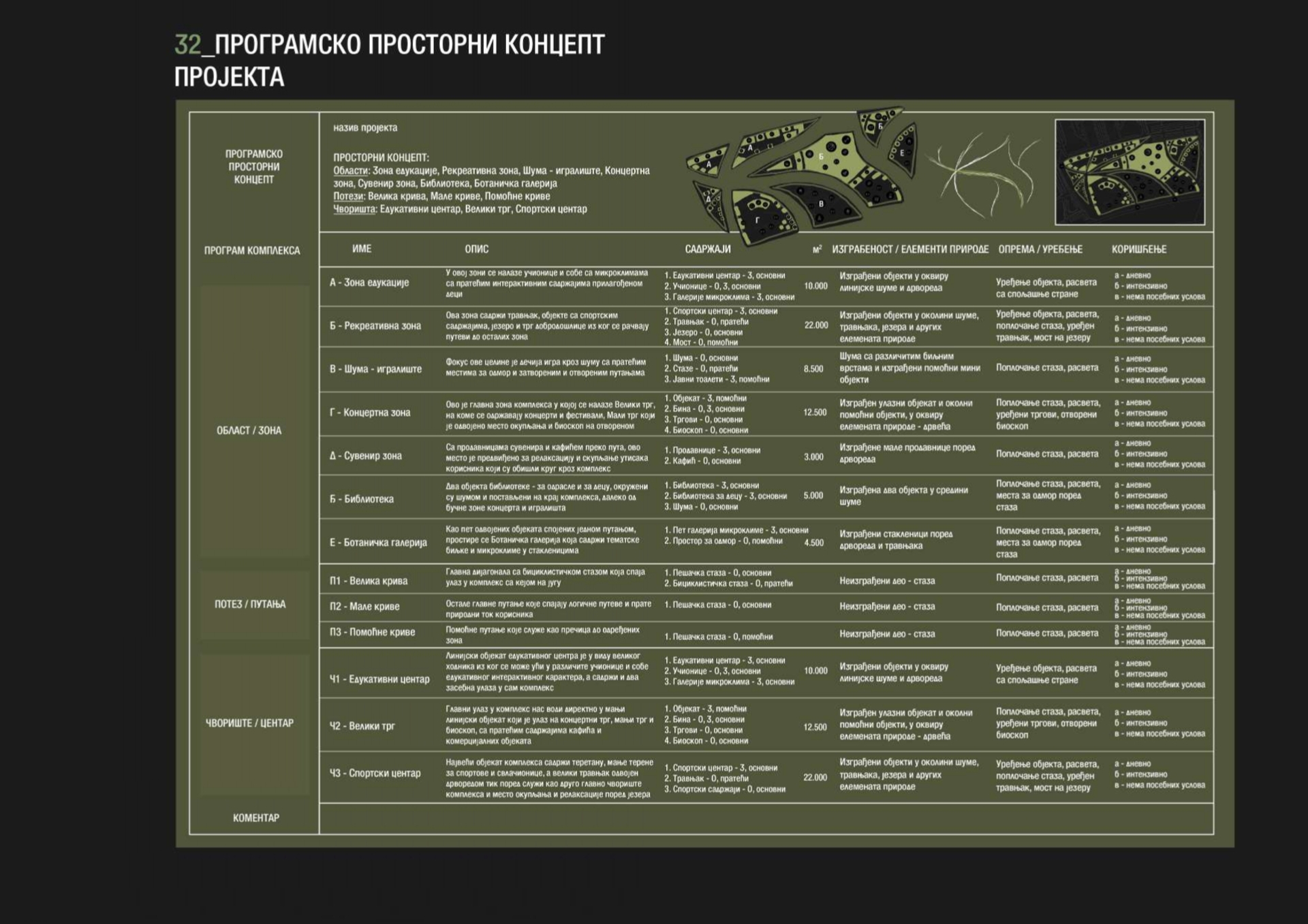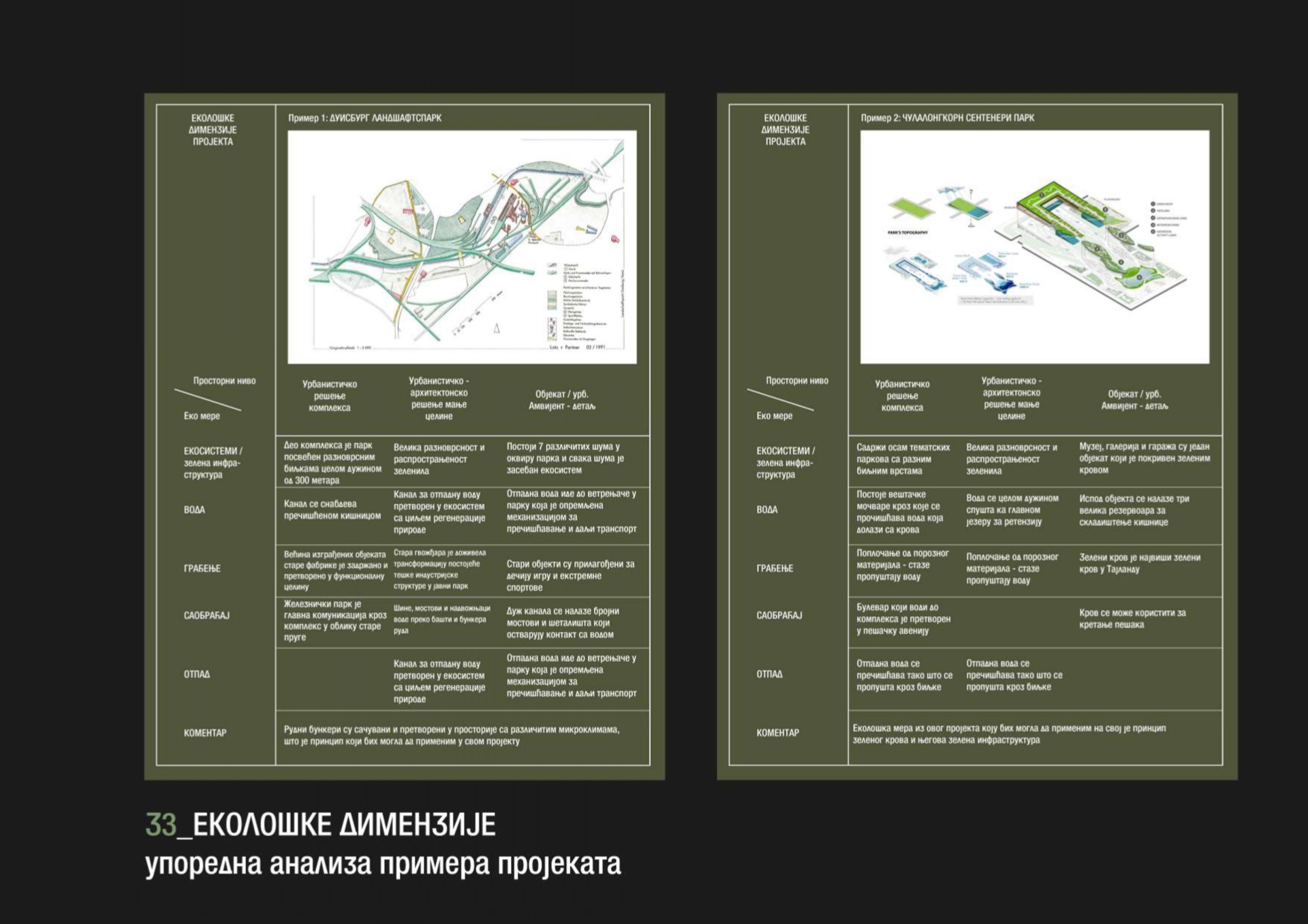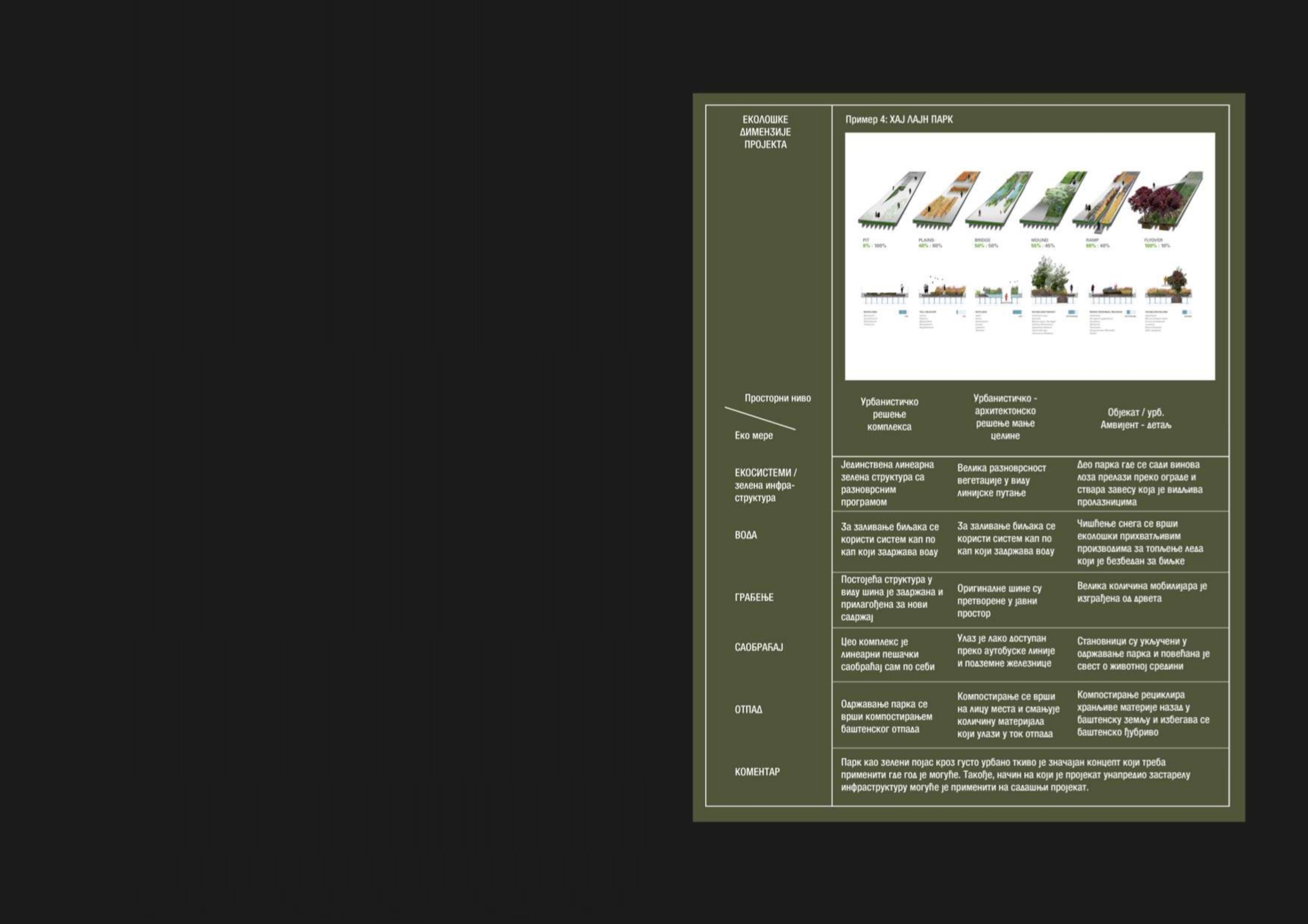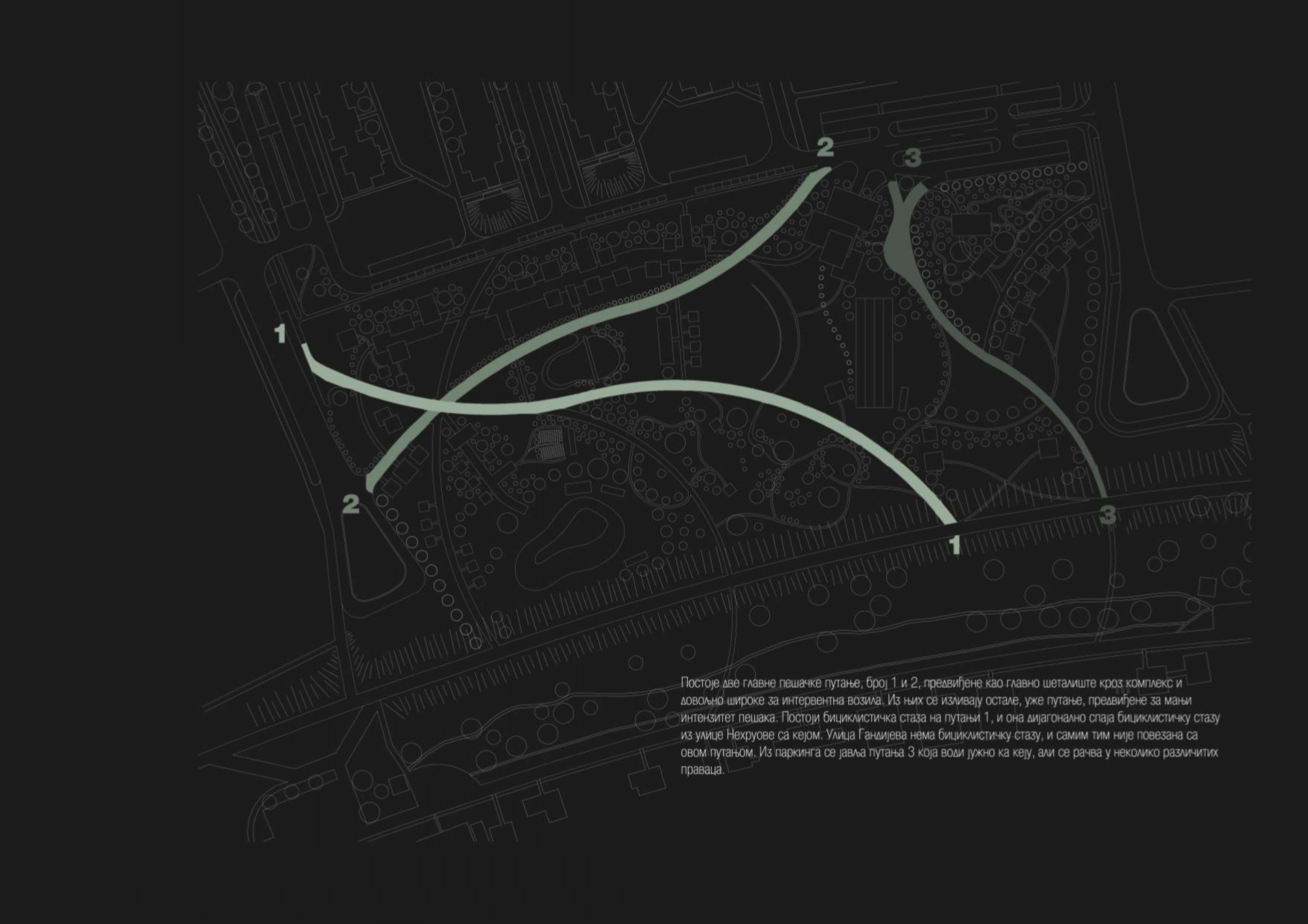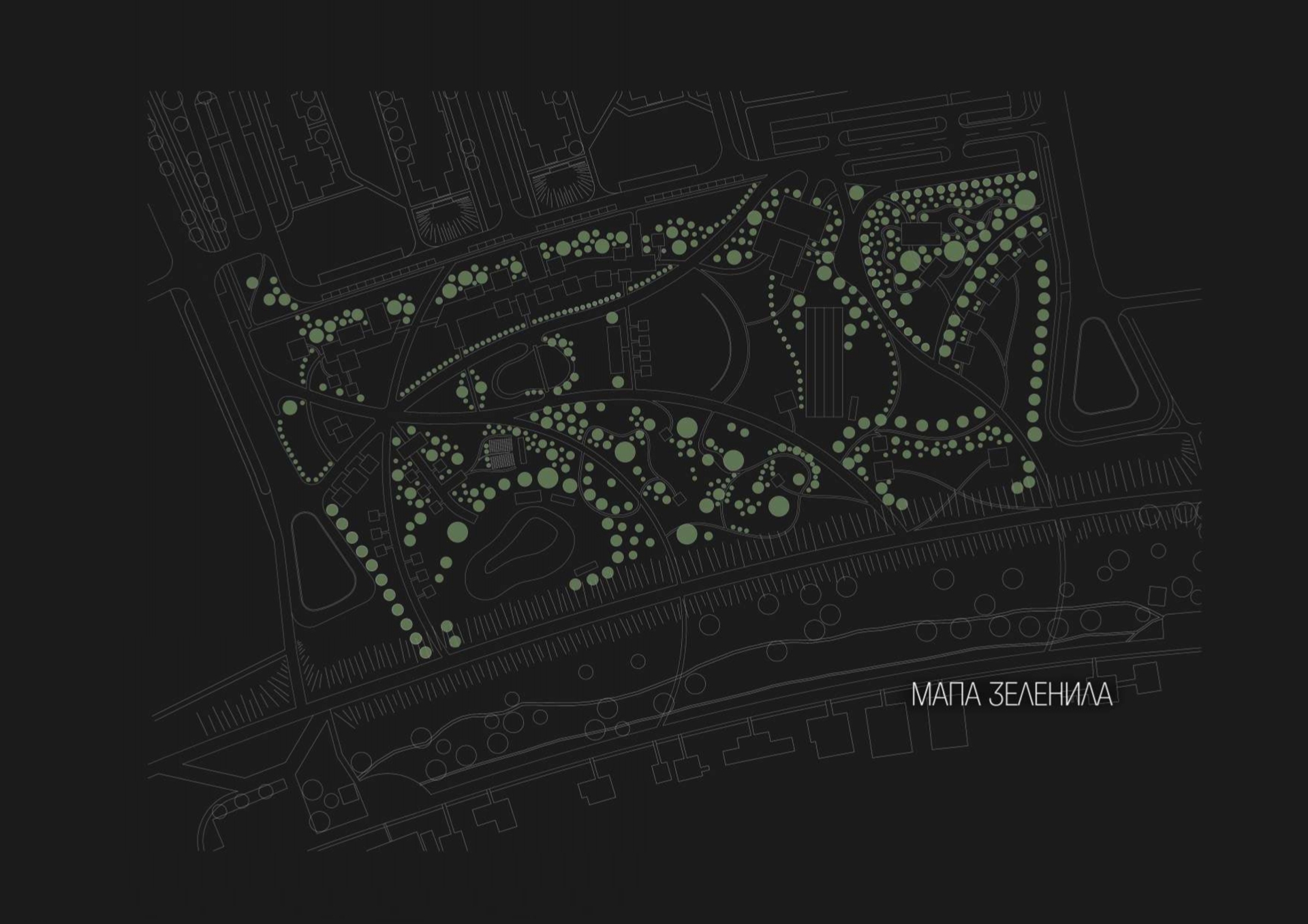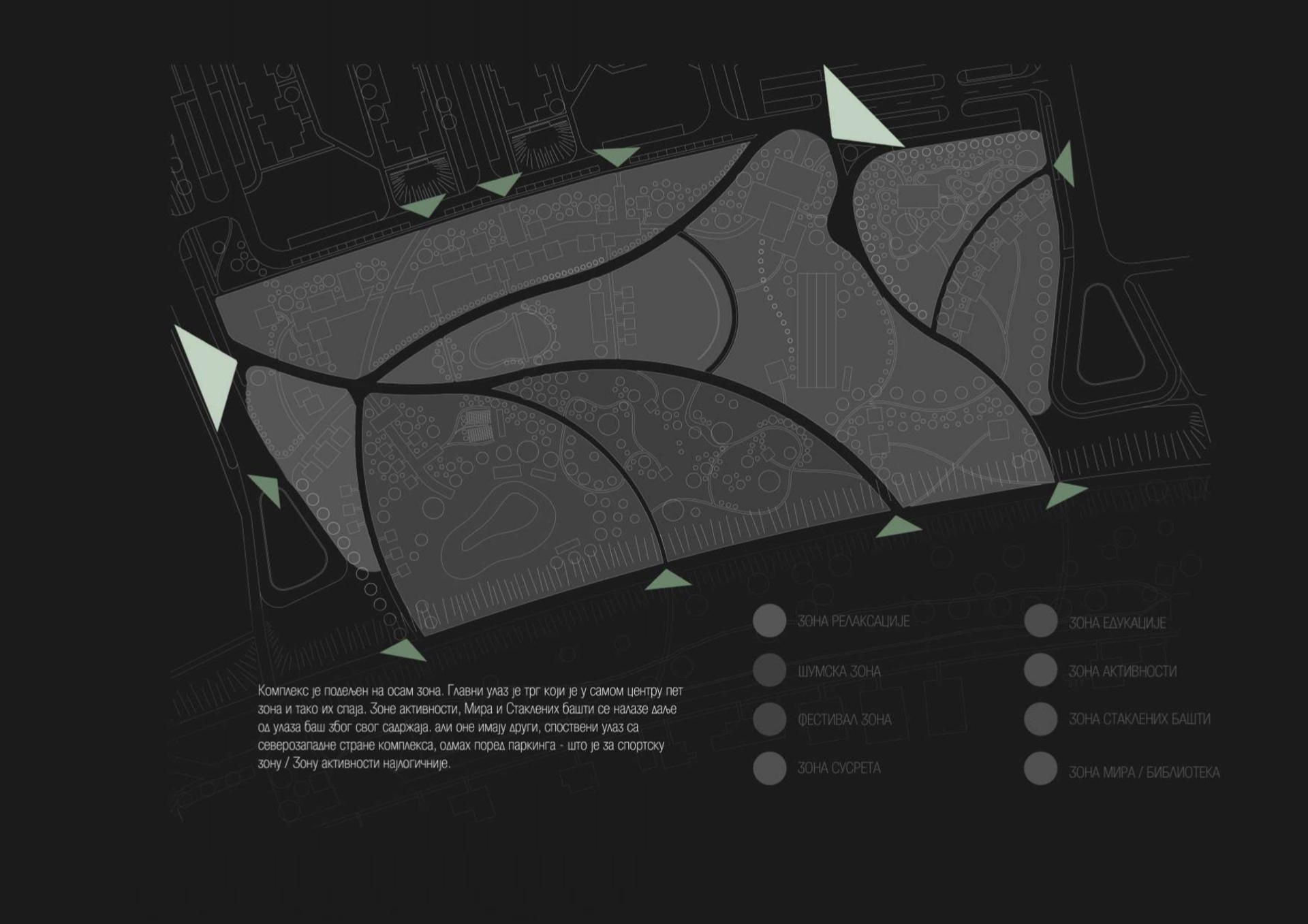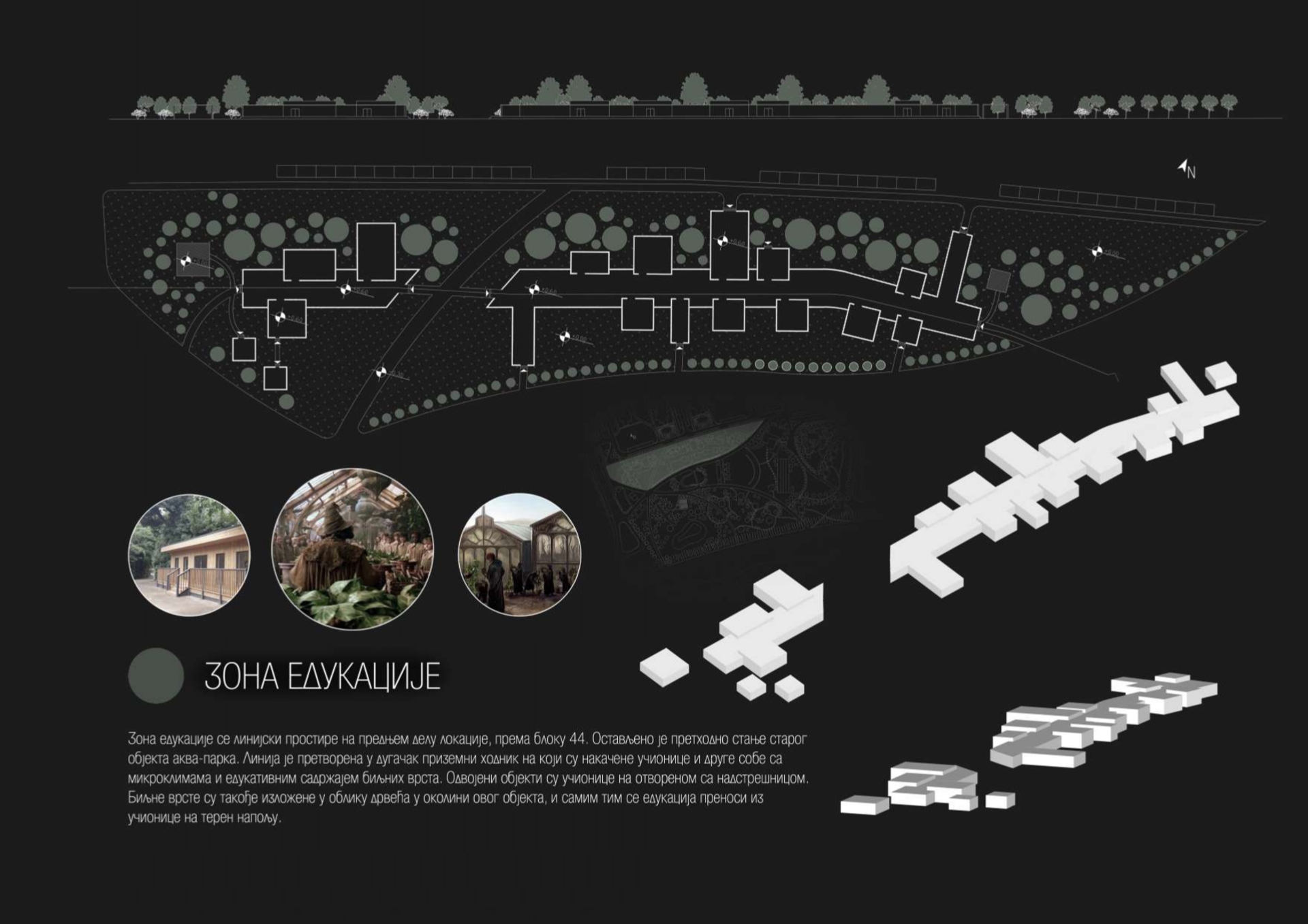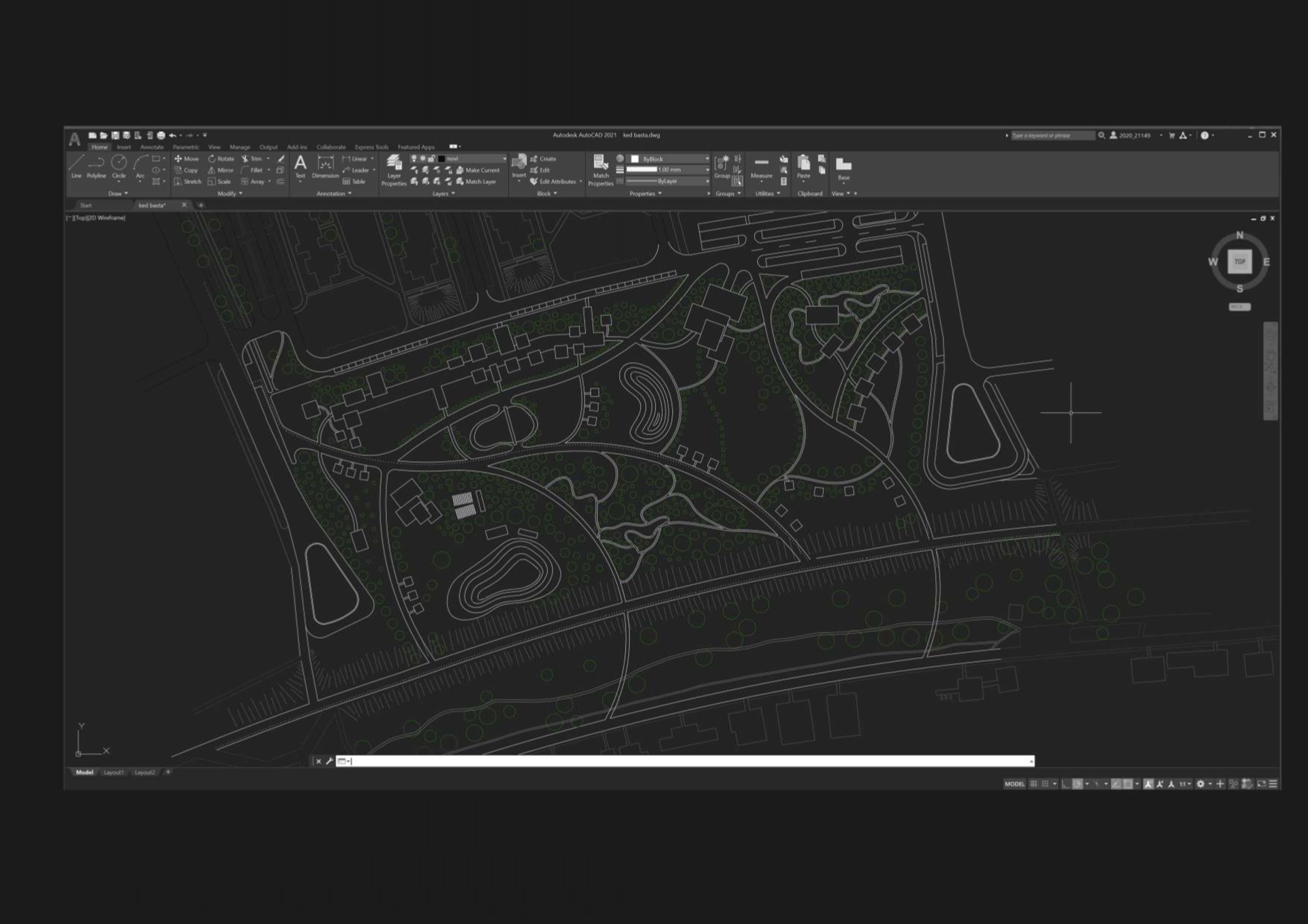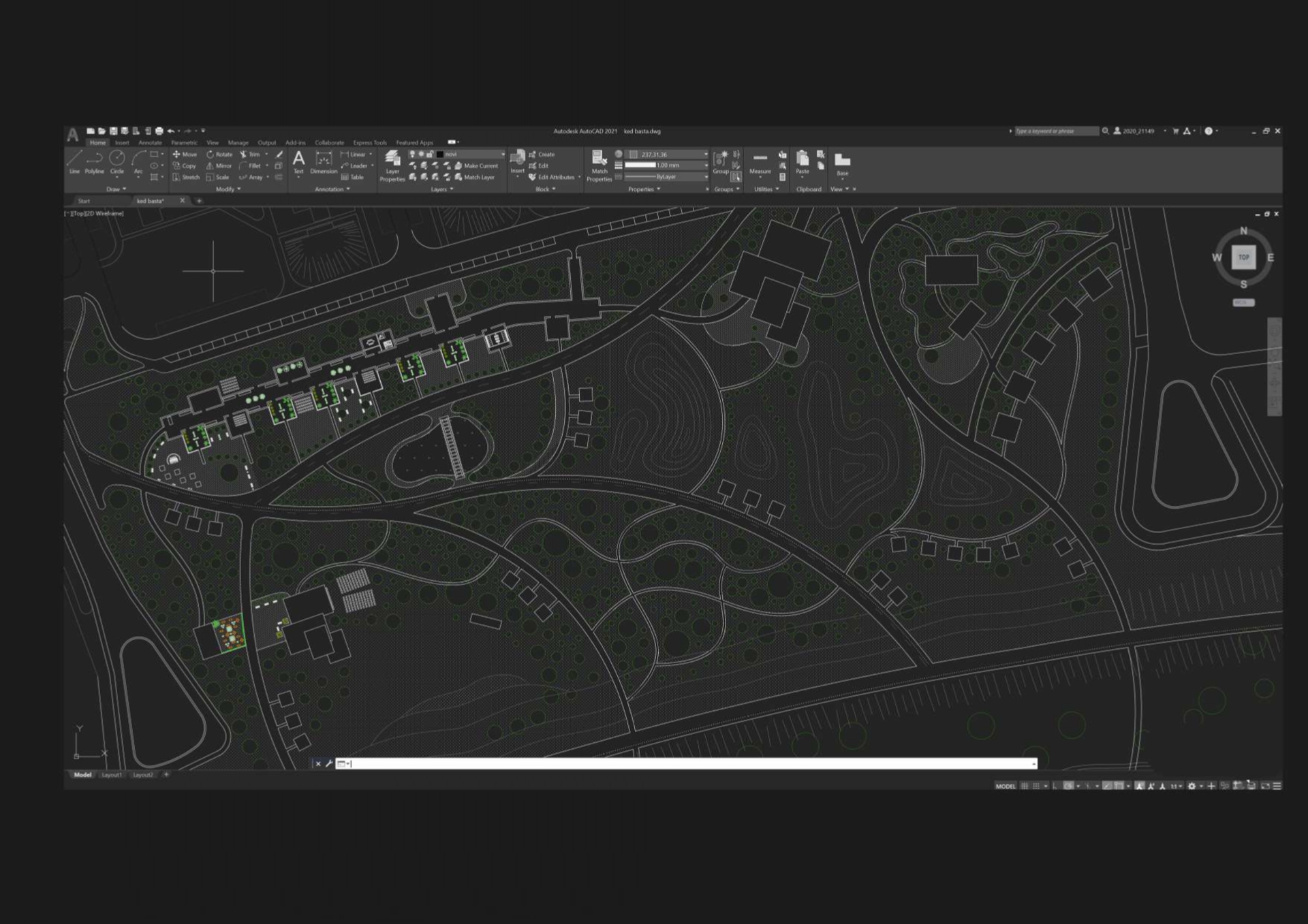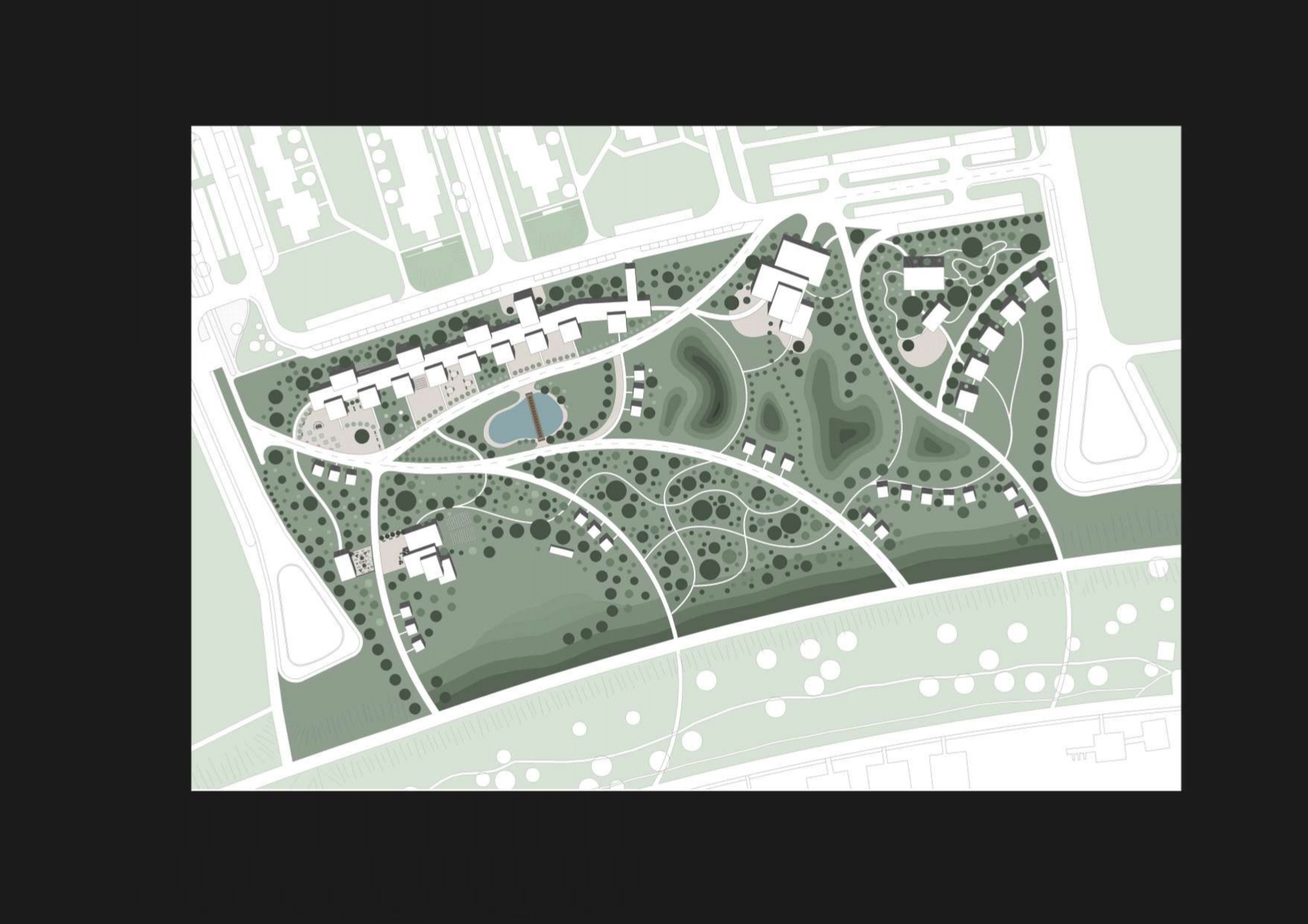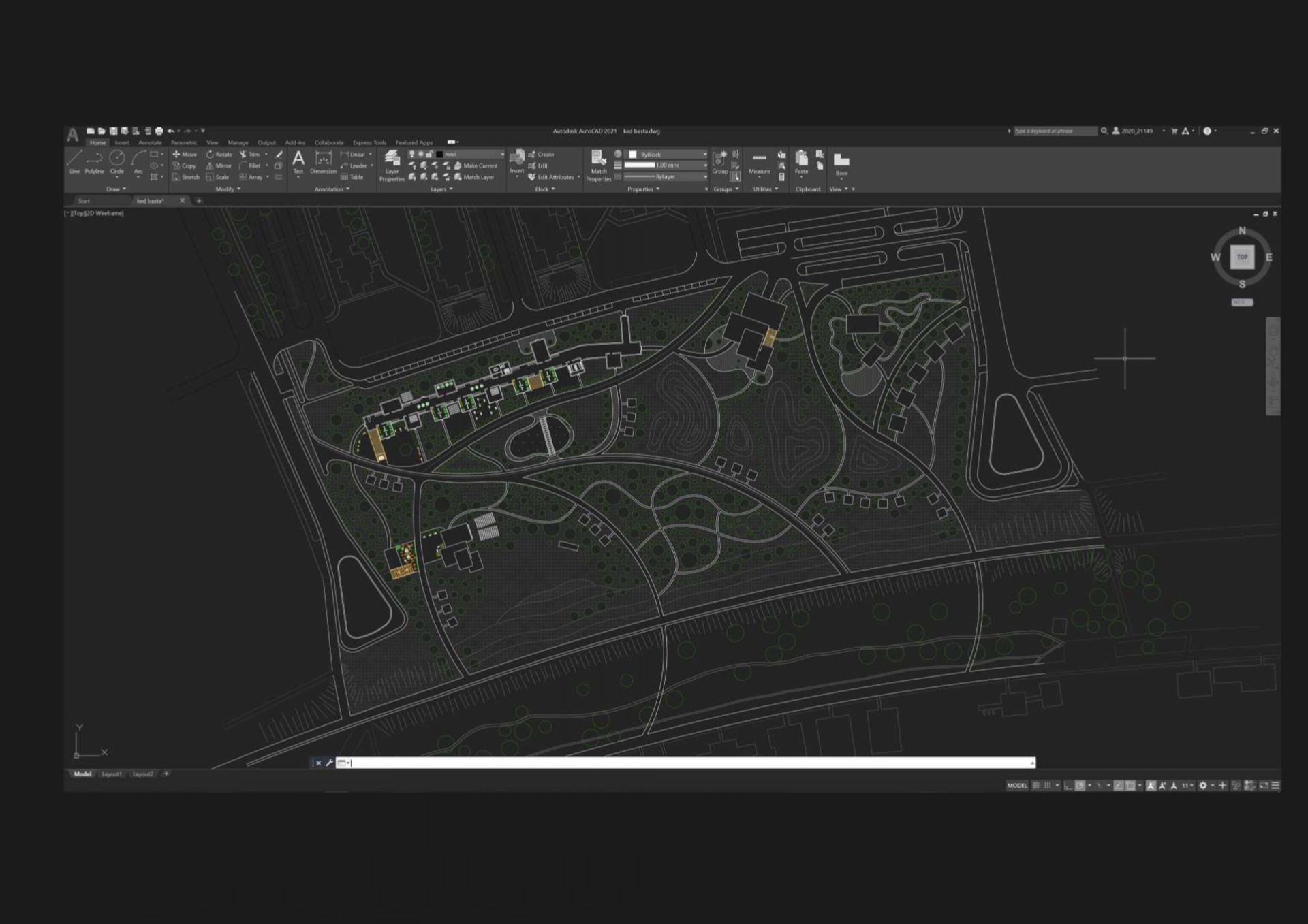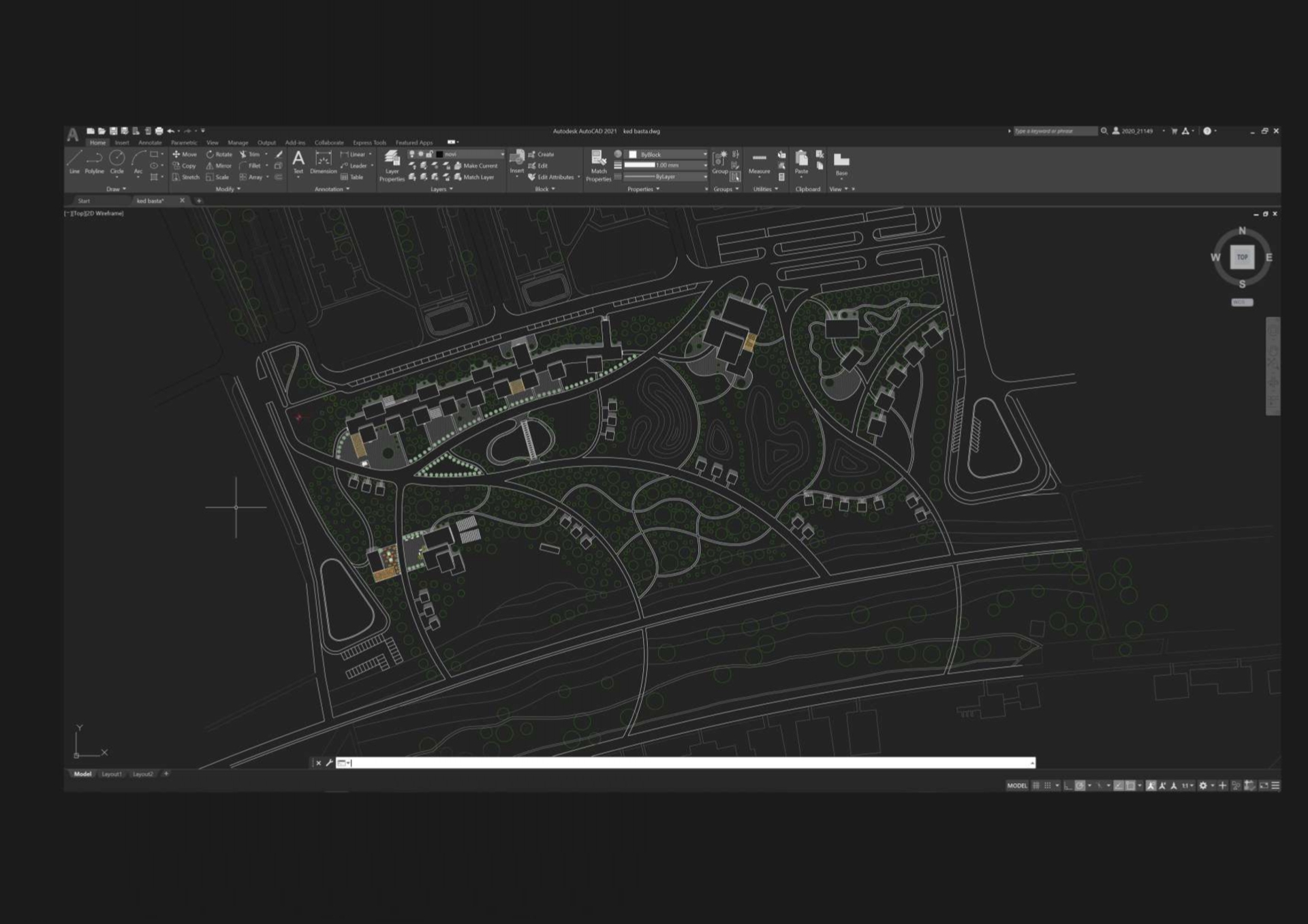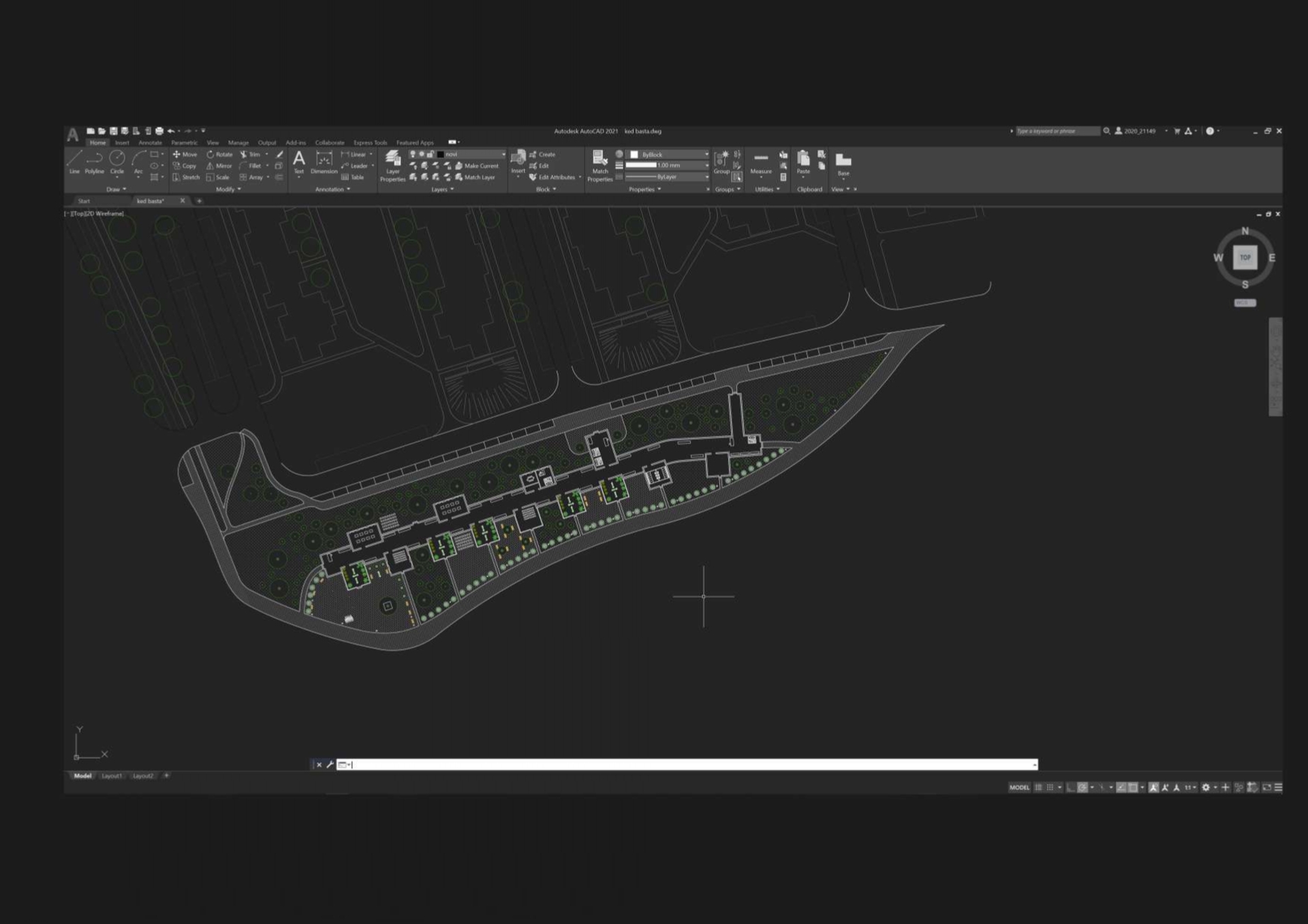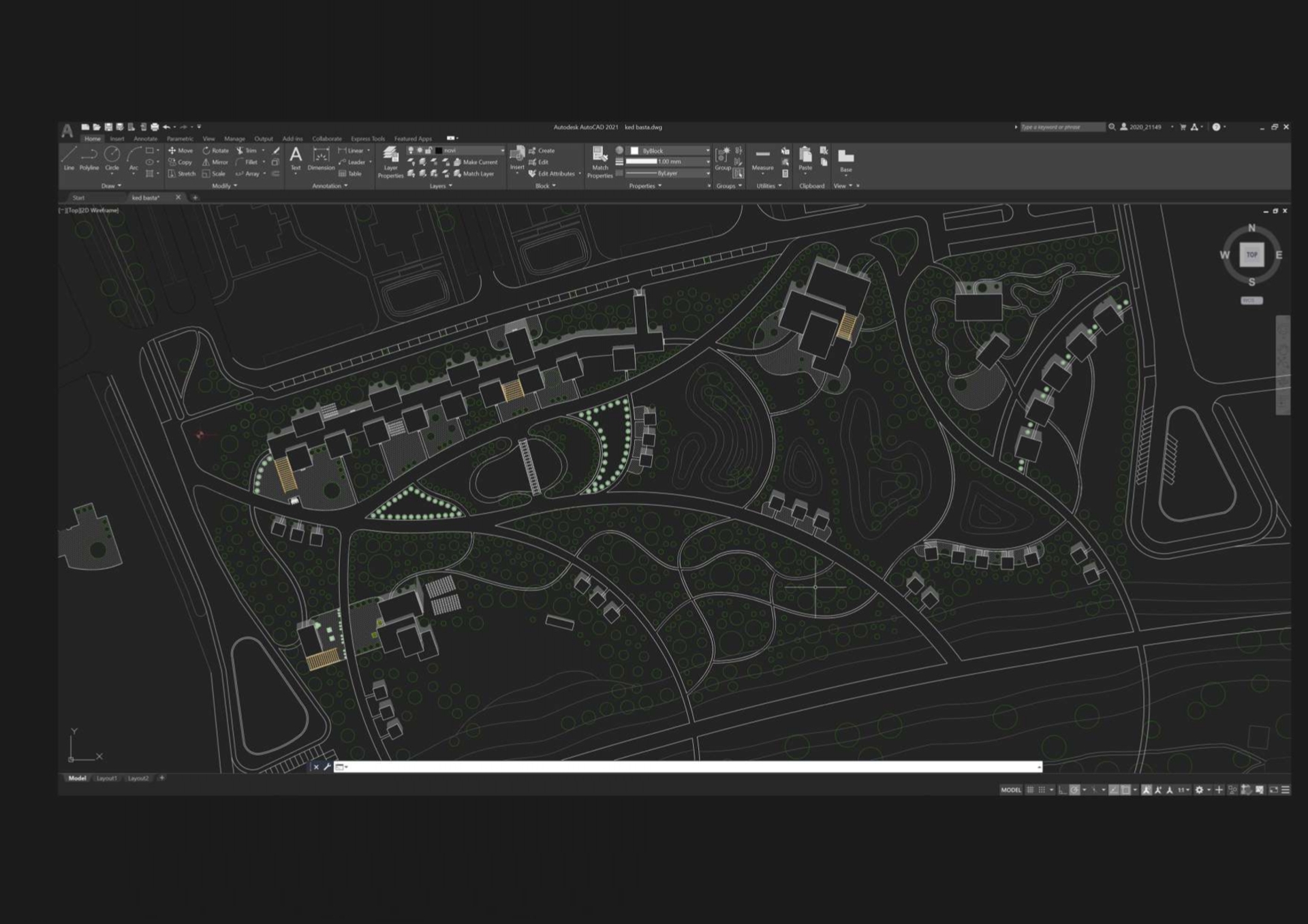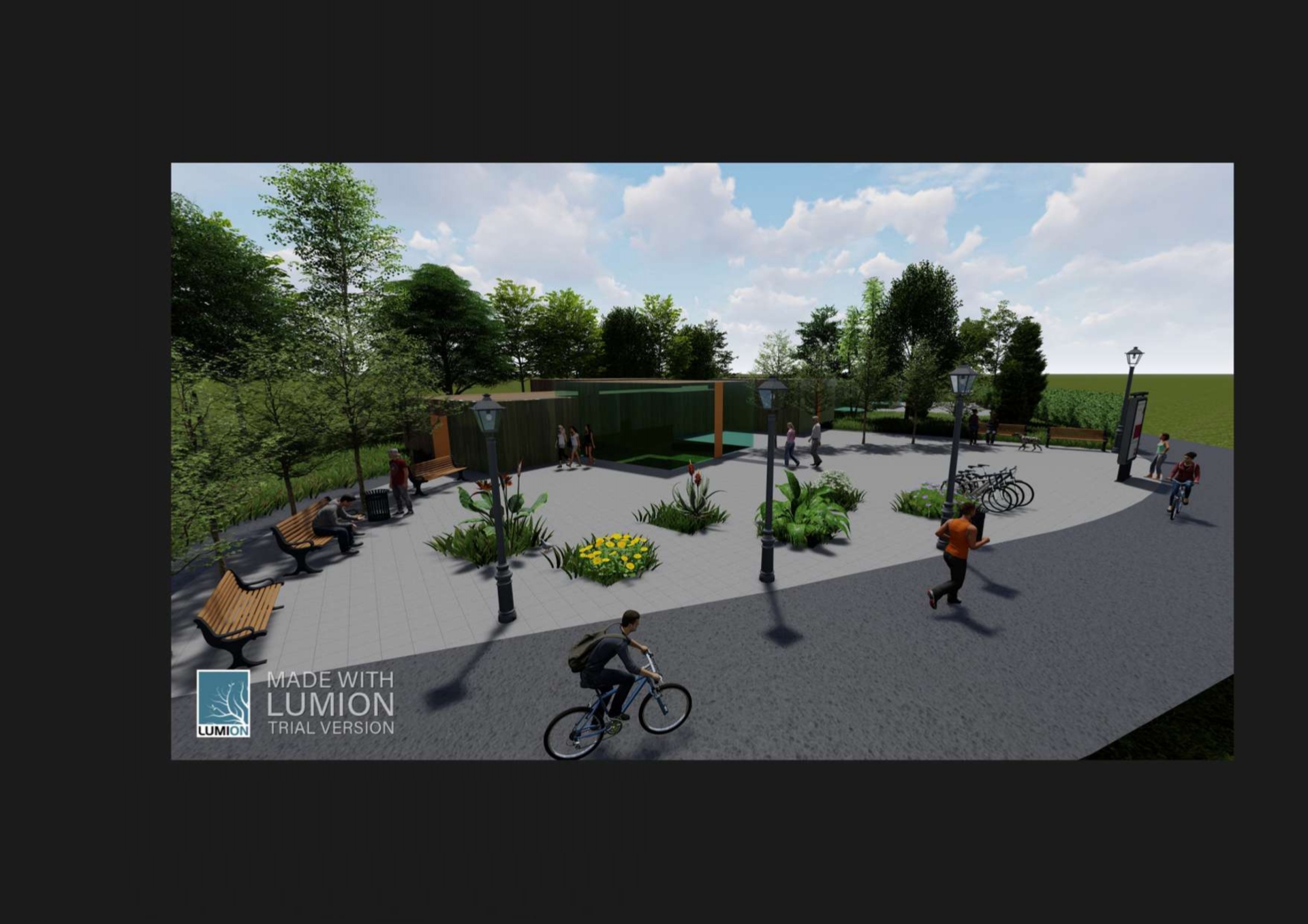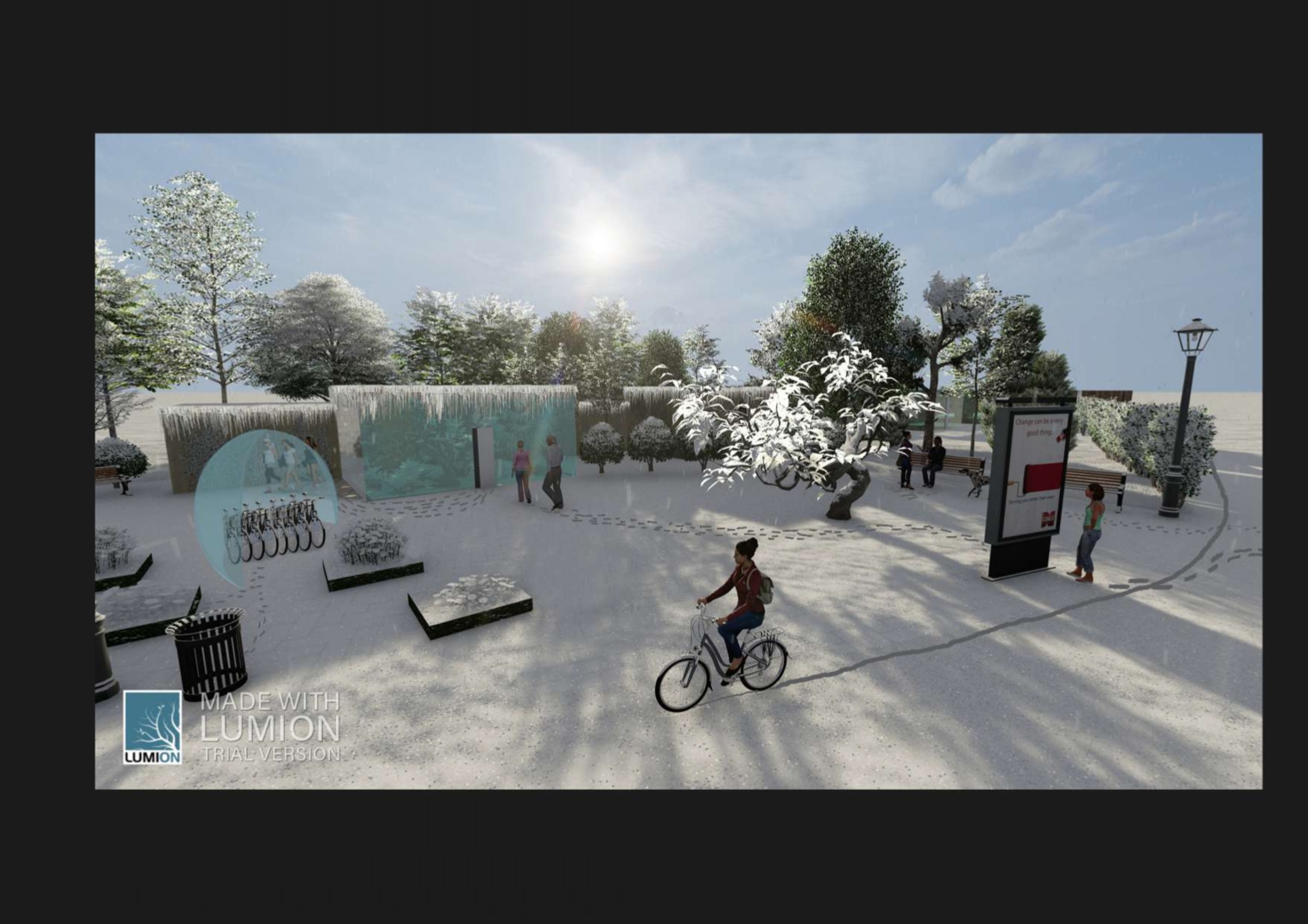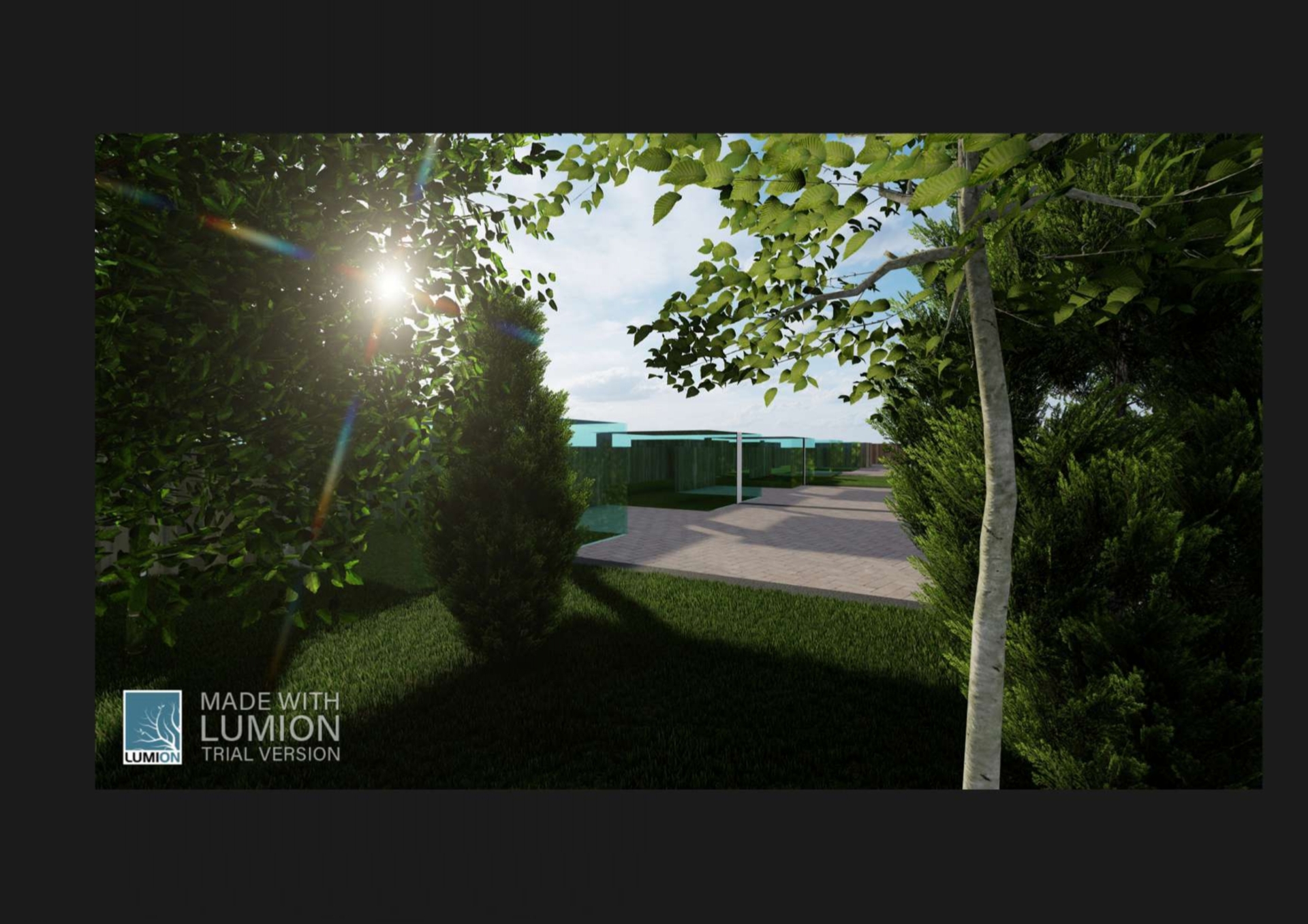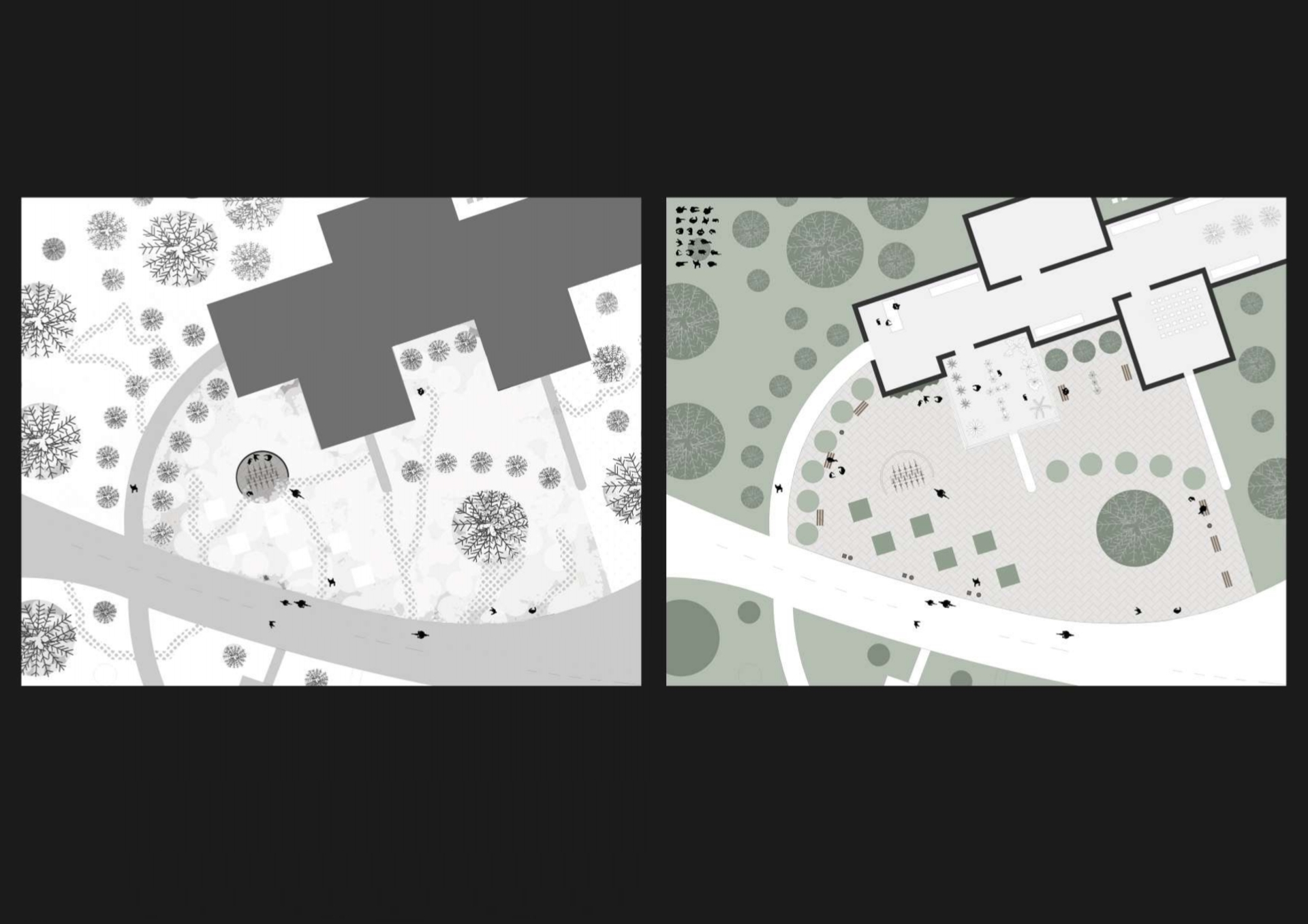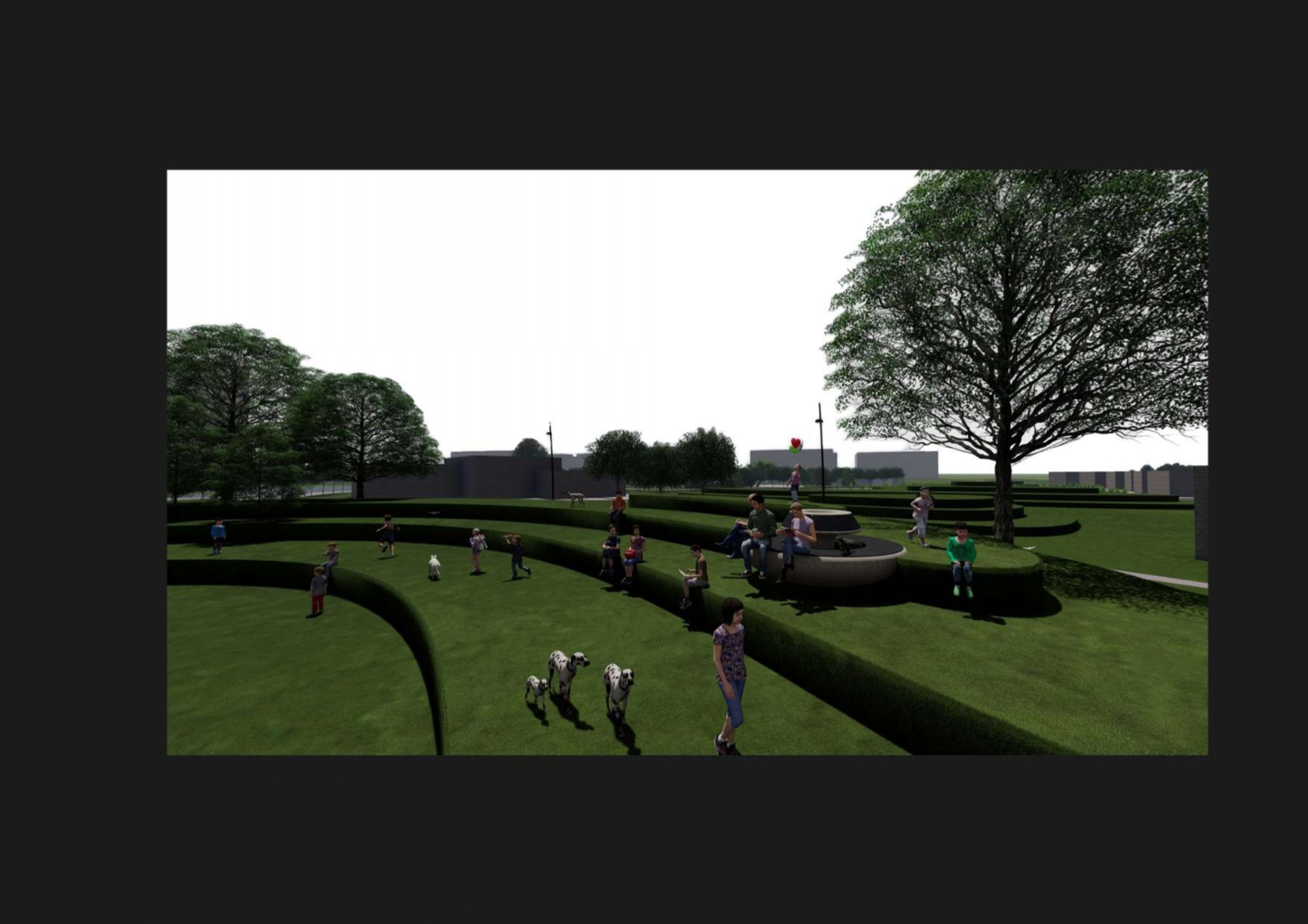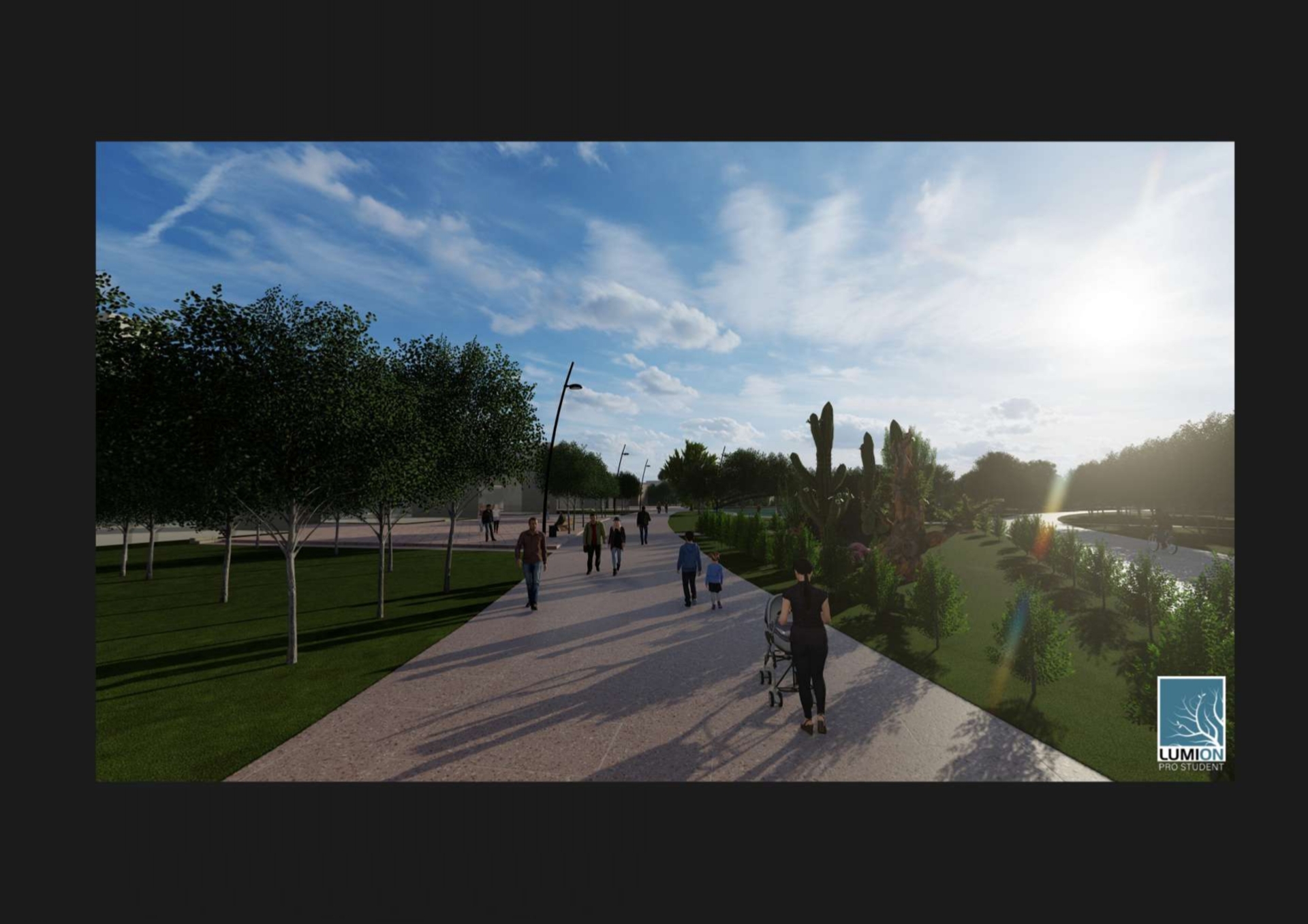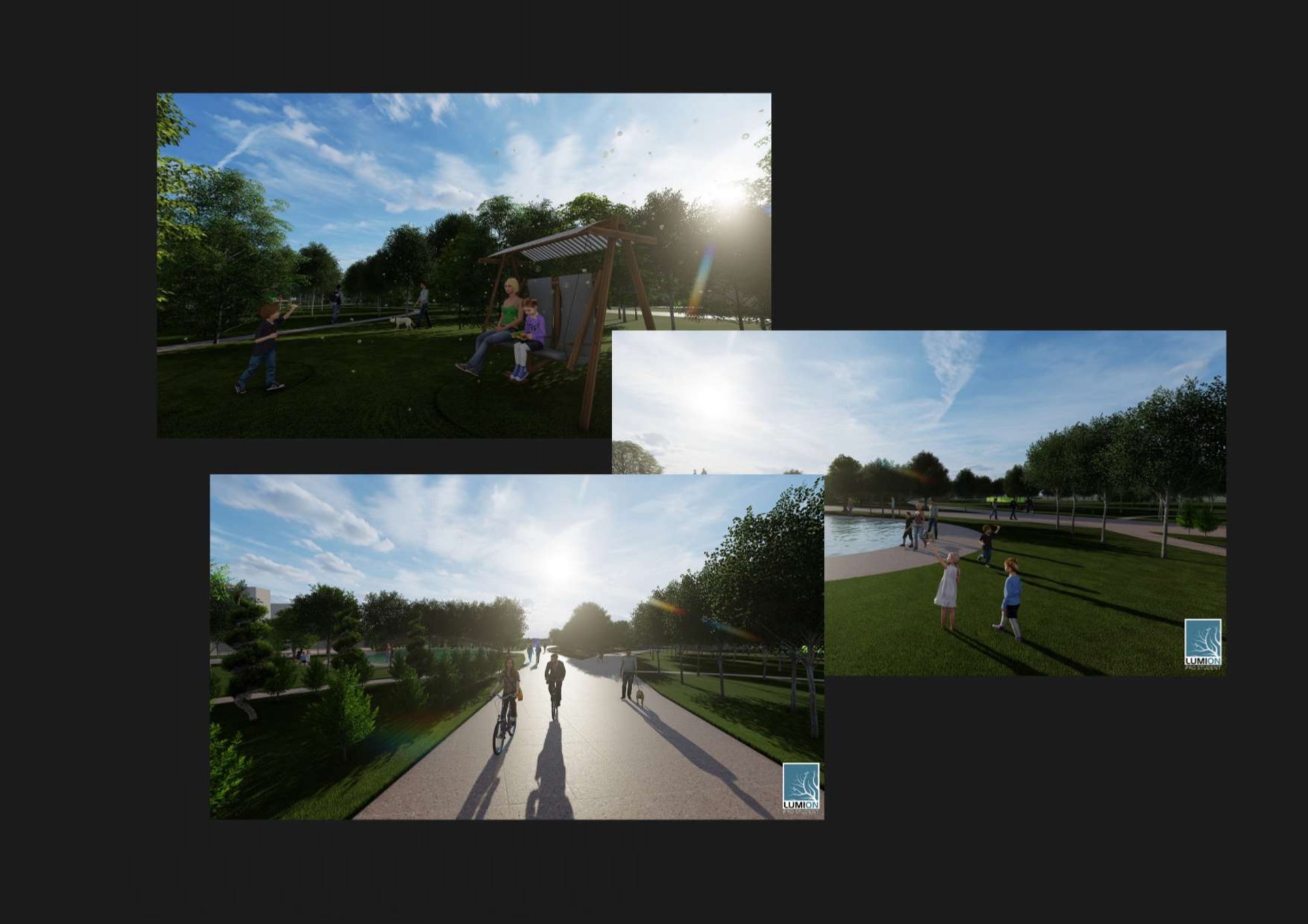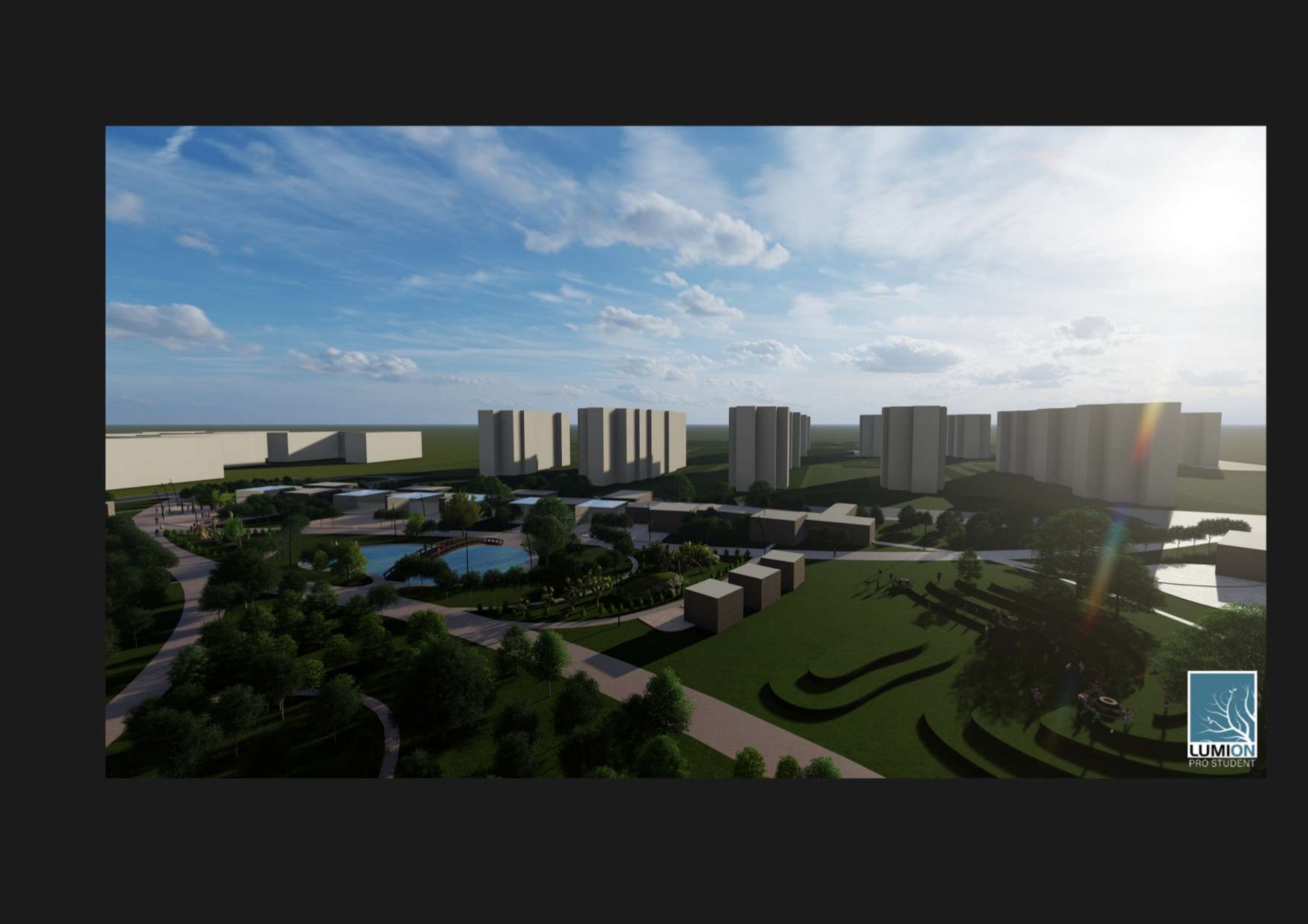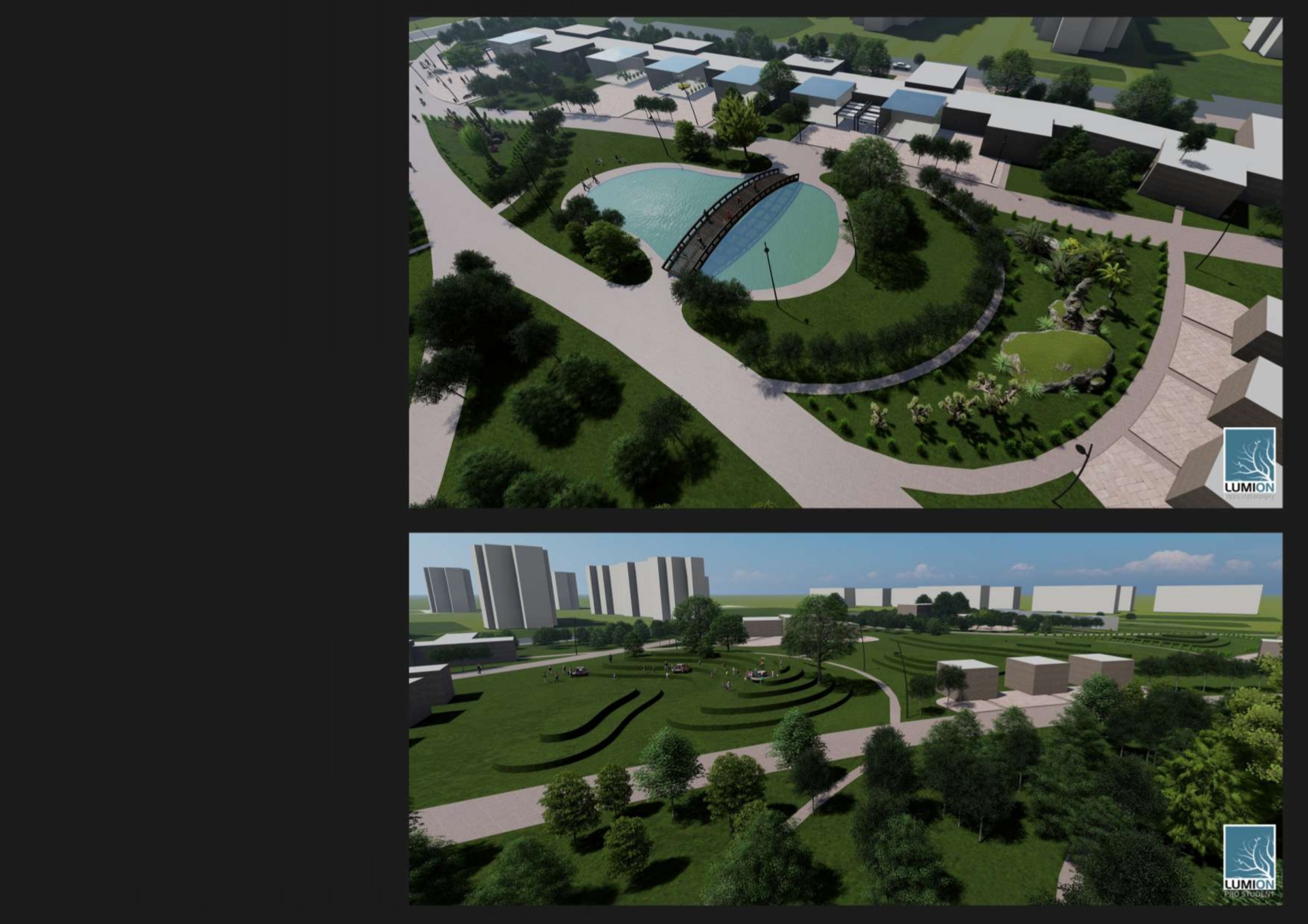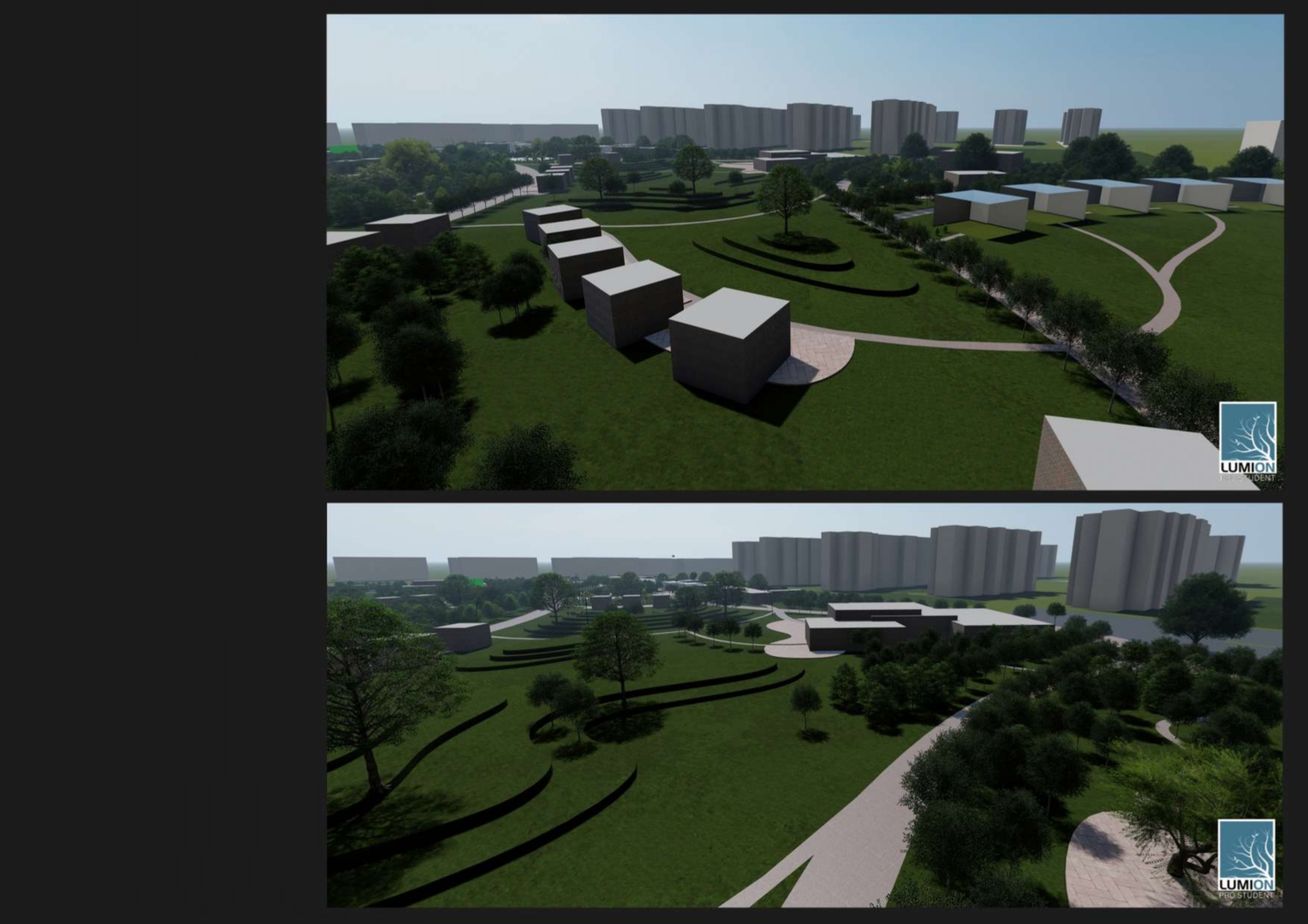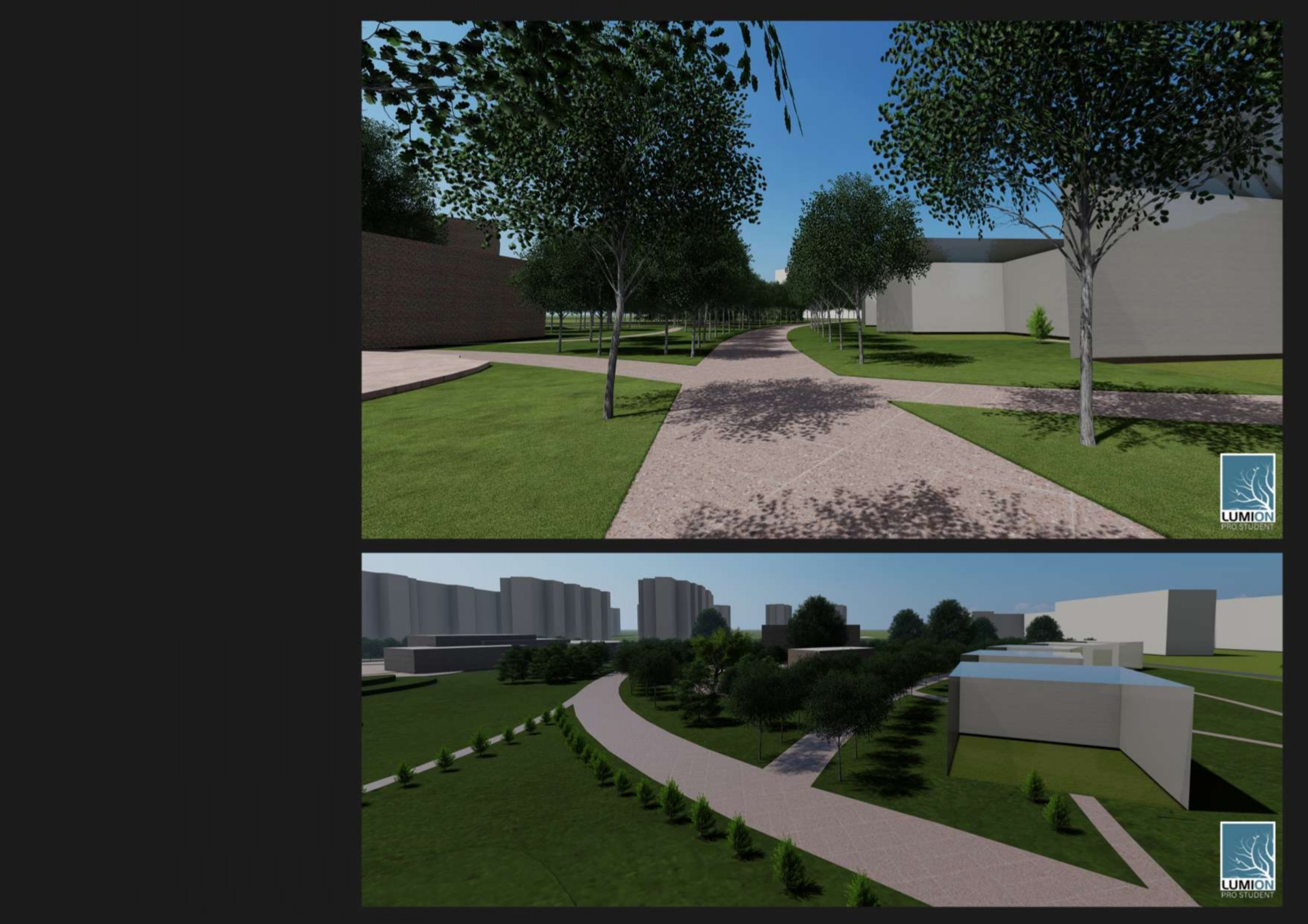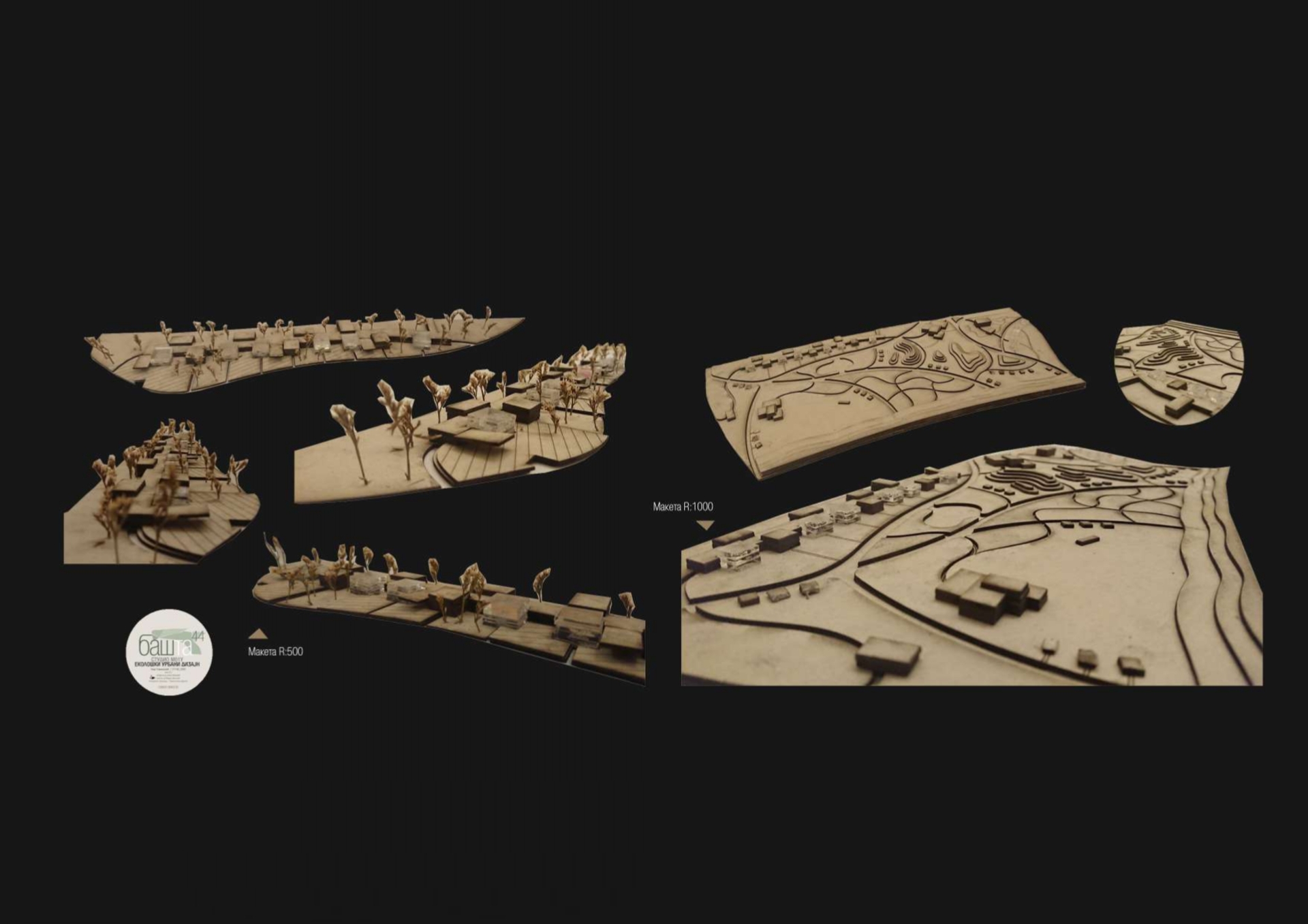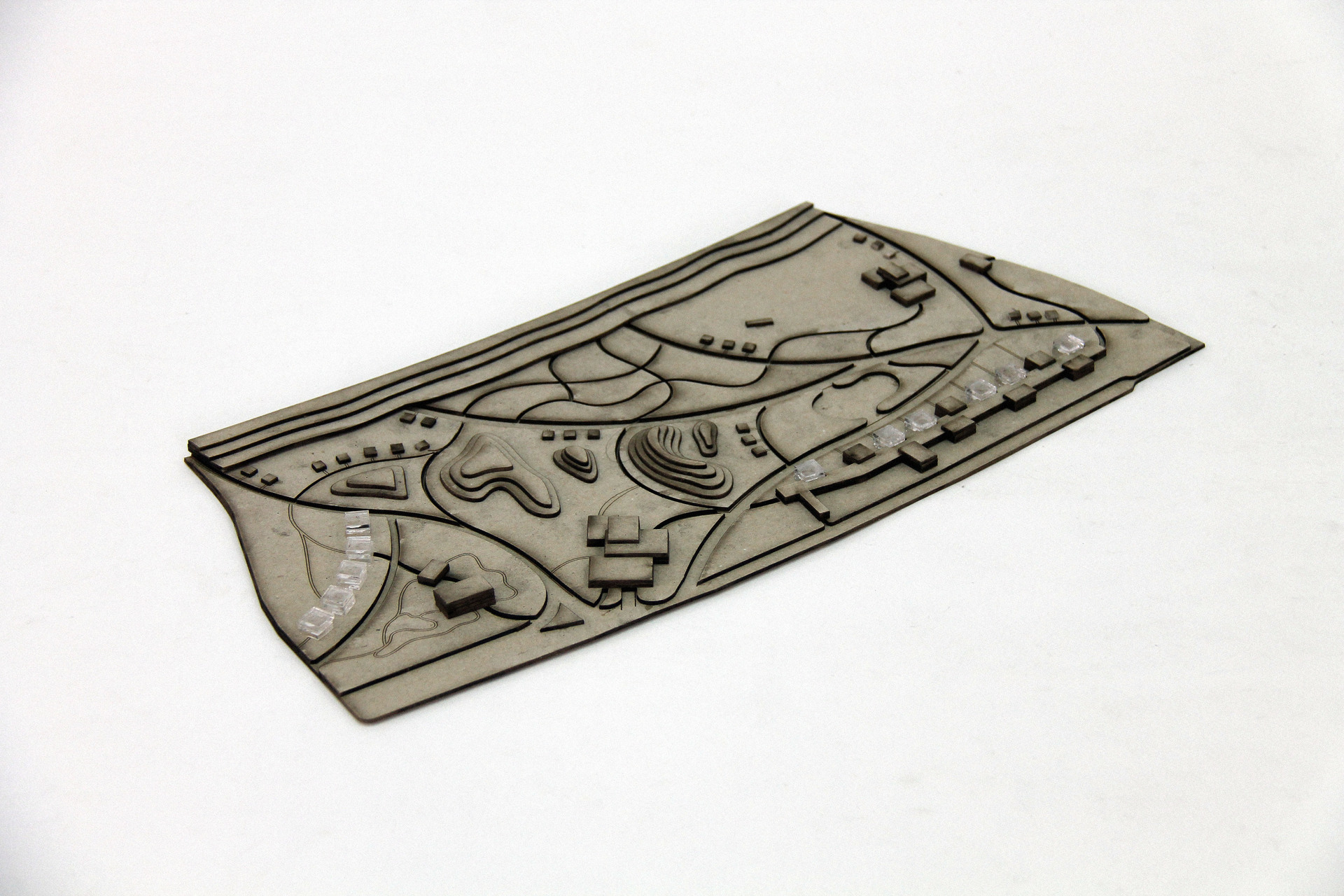Neda Stamenković
ECOLOGICAL URBAN DESIGN
The course aims to build up students’ knowledge about the ecological approach to the development of human settlements and skills for its application in the field of urban design. It is realized through consideration of the relationship between nature and culture in a specific spatial context. The possibilities of integrating knowledge of nature-ecological and social processes into the process of urban design on a different problematical and spatial levels are explored. The specific theme and the spatial framework are established each year, and, accordingly, the key issues and levels of assignment development are specified. Possible topics are Eco-District / Settlement / Neighborhood; eco approach to designing specific city networks and hubs; an ecological approach to coastal regeneration; urban design within the climate change adaptation, etc. The course is organized in two parts: 1) research and 2) project. Research includes a) Exploration of theories, concepts, models of ecological urbanism in relation to thematic areas (nature / landscape, community, place, mobility, energy, water, waste, construction, etc.) and spatial levels of ecological urbanism, b) Exploration of development context, v) Location research, g) Practice research. The research aims to form the theoretical and normative basis of the project and to develop design tools for eco-urban design in a specific context. 2) Work on the project includes a) Project concept defined at the program level and elaborated through establishing links between thematic areas at different spatial levels b) Project development includes urban solution of spatial unit/network, architectural and urban solution of smaller spatial grouping and architectural design of a specific building / urban setting.

